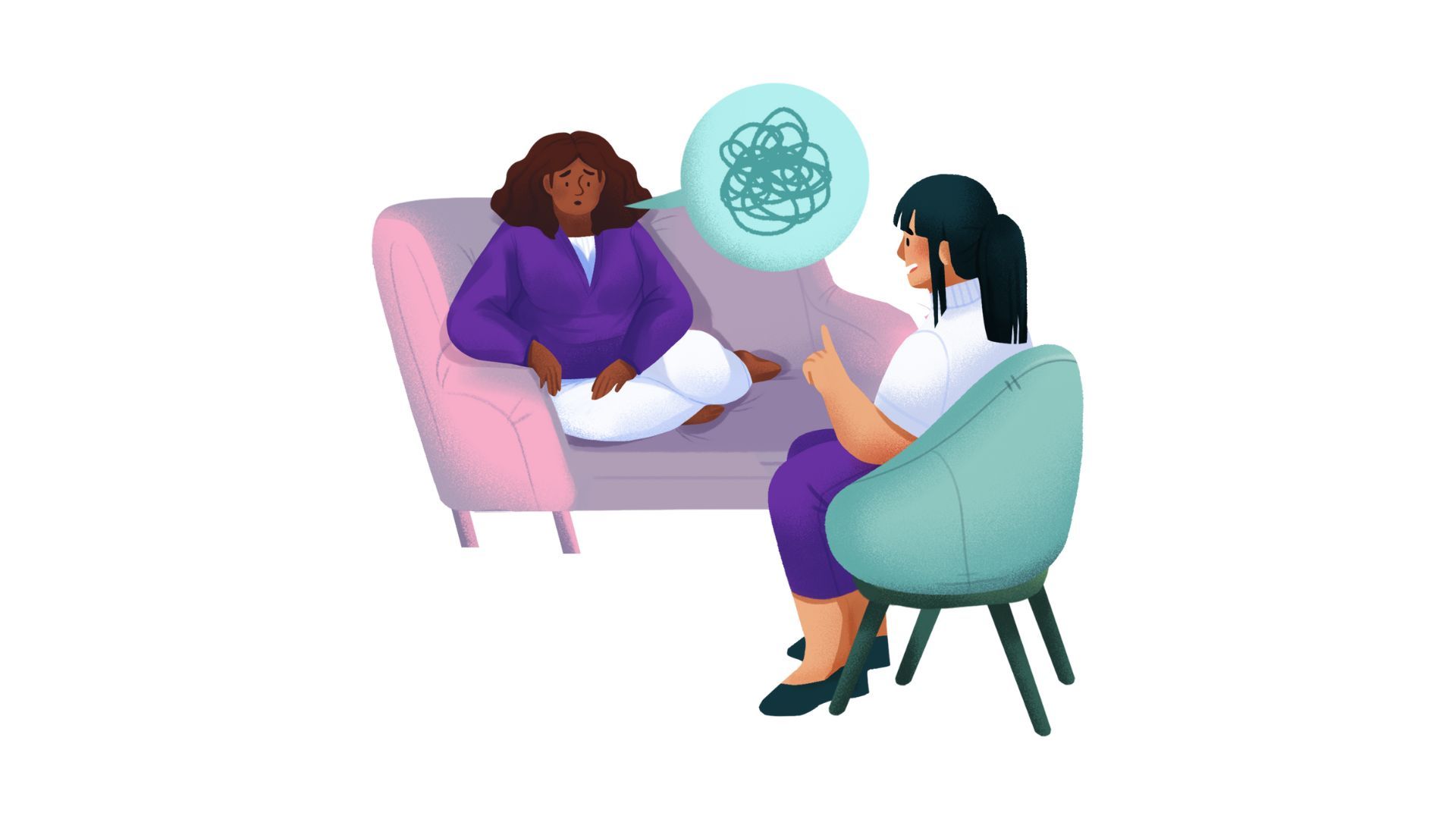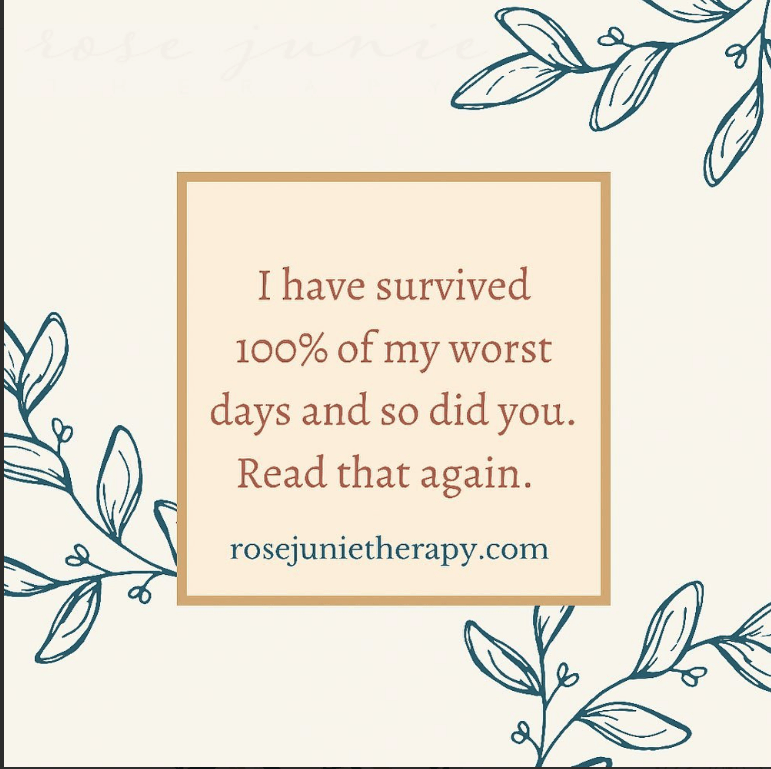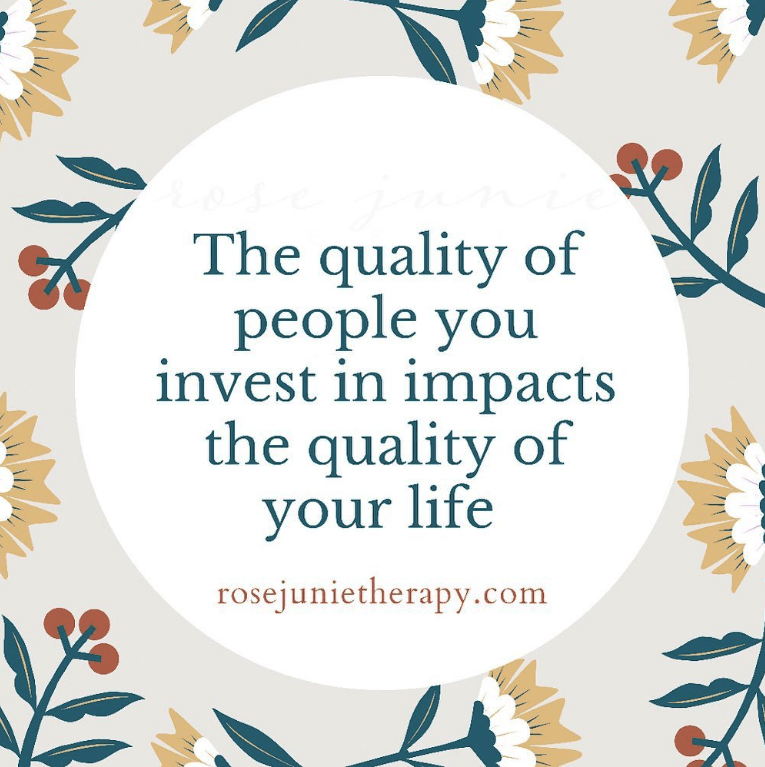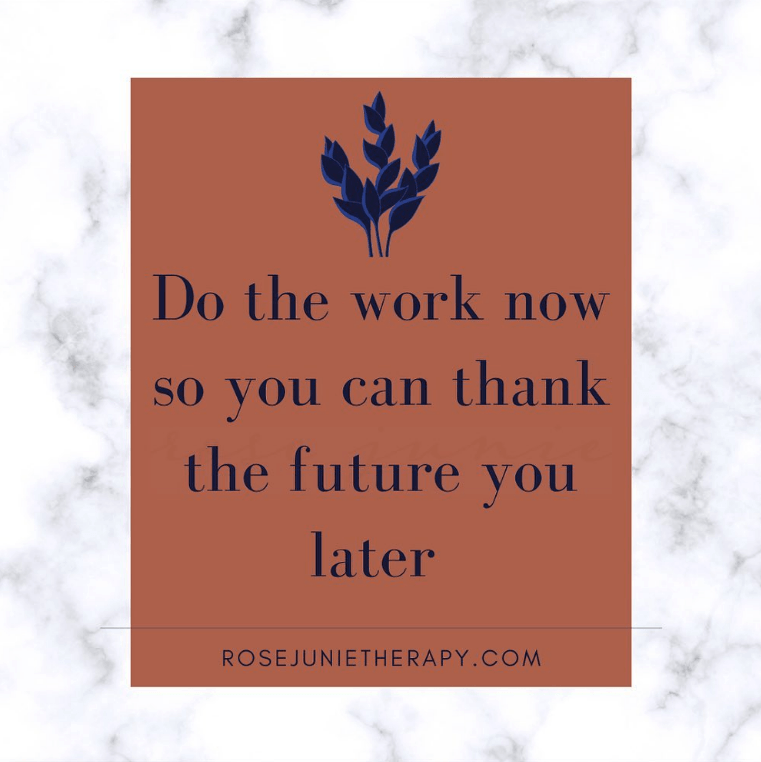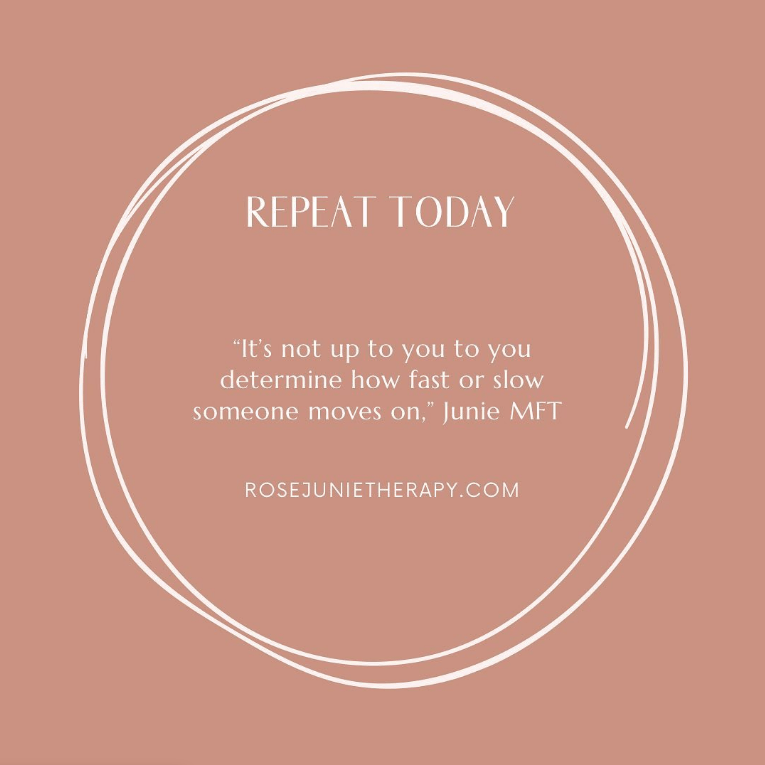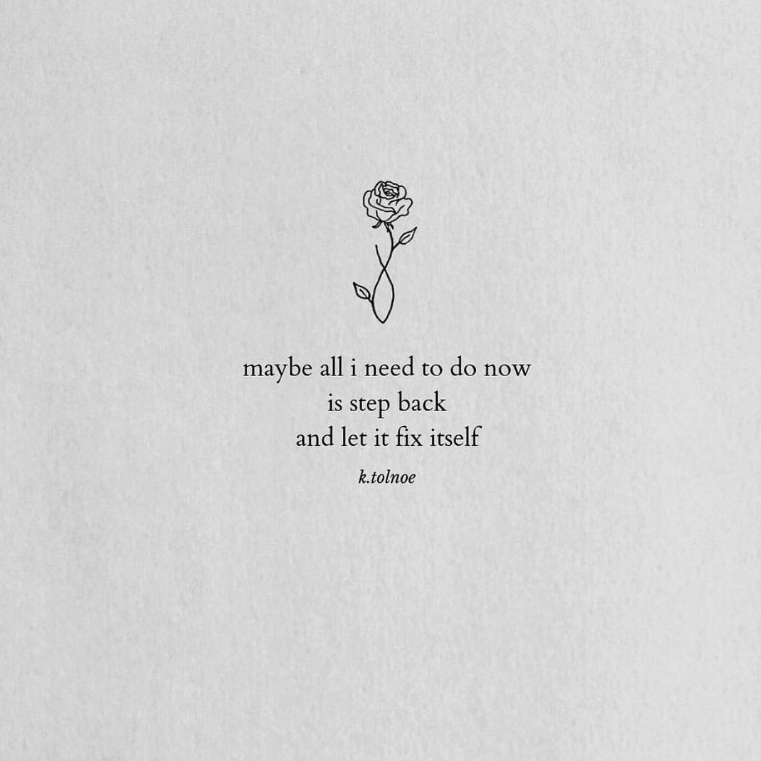THERAPY RESOURCES
Recent Rose Junie Therapy Blog Posts
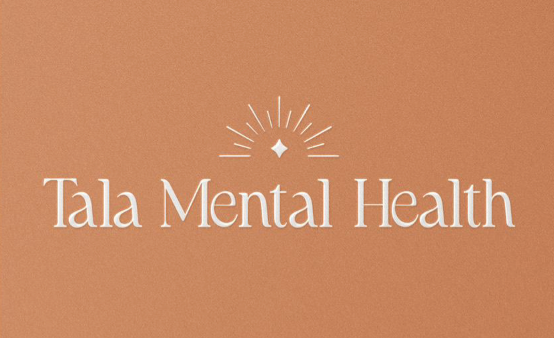
By Elaine Raif
•
March 14, 2025
Happy 2025, community! This month’s newsletter is dedicated to our new rebranding journey! Don’t worry- we are the same team of clinicians, in the same offices, simply going through a makeover. Throughout the month, we’ll share glimpses of our new brand and how you can stay connected to us as we make the (digital) move! We’d like to introduce: Tala Mental Health Tala [tah-la] Mental Health is inspired by the ancient Filipina goddess of the stars, Tala—a guiding light in the darkest moments. We aim to be a beacon of light, offering a comforting sense of direction and a non-judgmental space that illuminates your story. From our core values, to our visual branding… we represent Tala. We wanted to honor our team of healers and our community of warriors, champions and heroes in a special way. So… We thought it was only fitting to kick off the new year with an identity that celebrates all of us. We’re excited to share this new journey with you all– the ones who have inspired us and helped shape our collective identity. We walk this path because it represents both our team and you. Together, we are Tala. Stay tuned for more information and new ways to engage with our team online! (Our socials are loading….) Written by: Elaine Raif
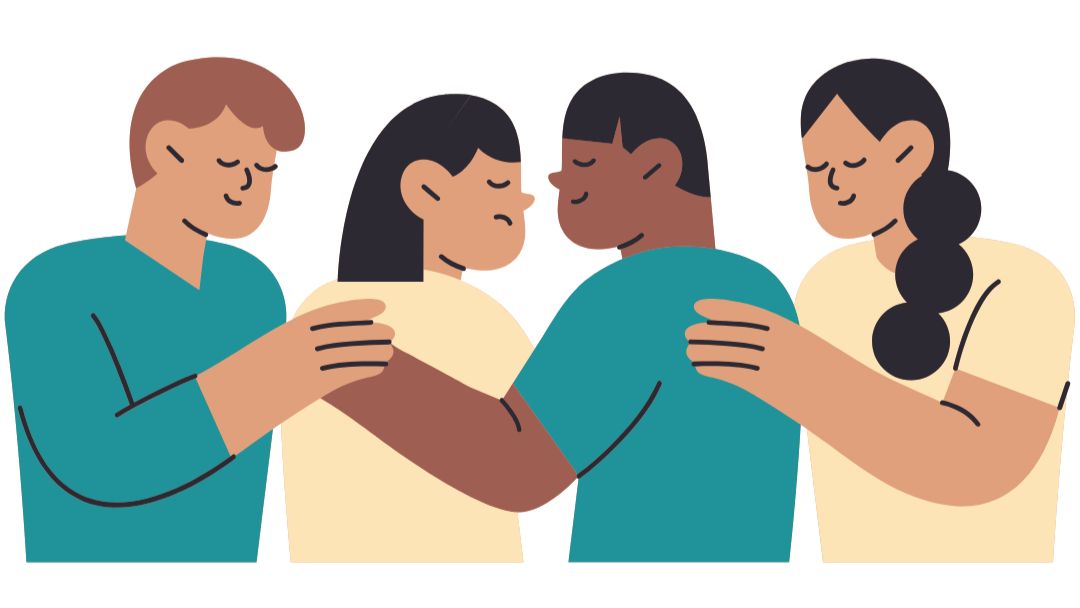
By Elaine Raif
•
March 14, 2025
Times like these are unimaginable. As our world continues to drastically (and rapidly) change, the uncertainty of what tomorrow will bring lingers. If you’re having a difficult time coping with current crises (and crises yet to come), that is normal . Stressed, confused, discouraged and overwhelmed are appropriate responses to such loss and displacement. When we label our current context as unprecedented or ambiguous, we start to accept that finding a straightforward solution to these ever-changing issues is unrealistic . We know that the symbolic and systemic impact of recent crises will reveal itself over time and we can not and should not face it alone. Times like these tap into our generational and ancestral trauma. It calls for our survival instincts and leads us back to ancestral, pre-colonial values of community and kinship. As we seek peace and justice, let’s turn towards and hold one another. Anchor in the new reality of our context – focus on your scope of control. Listen to the messages your feelings and body are sending – trust that your body has good direction. Reach for one another – we will not resolve nor move through this alone. How might we meet ourselves with gentleness and flexibility? How can we encourage our community to do the same? What does “care” look like each day? How do we begin co-creating spaces that center our safety? Written by: Elaine Raif
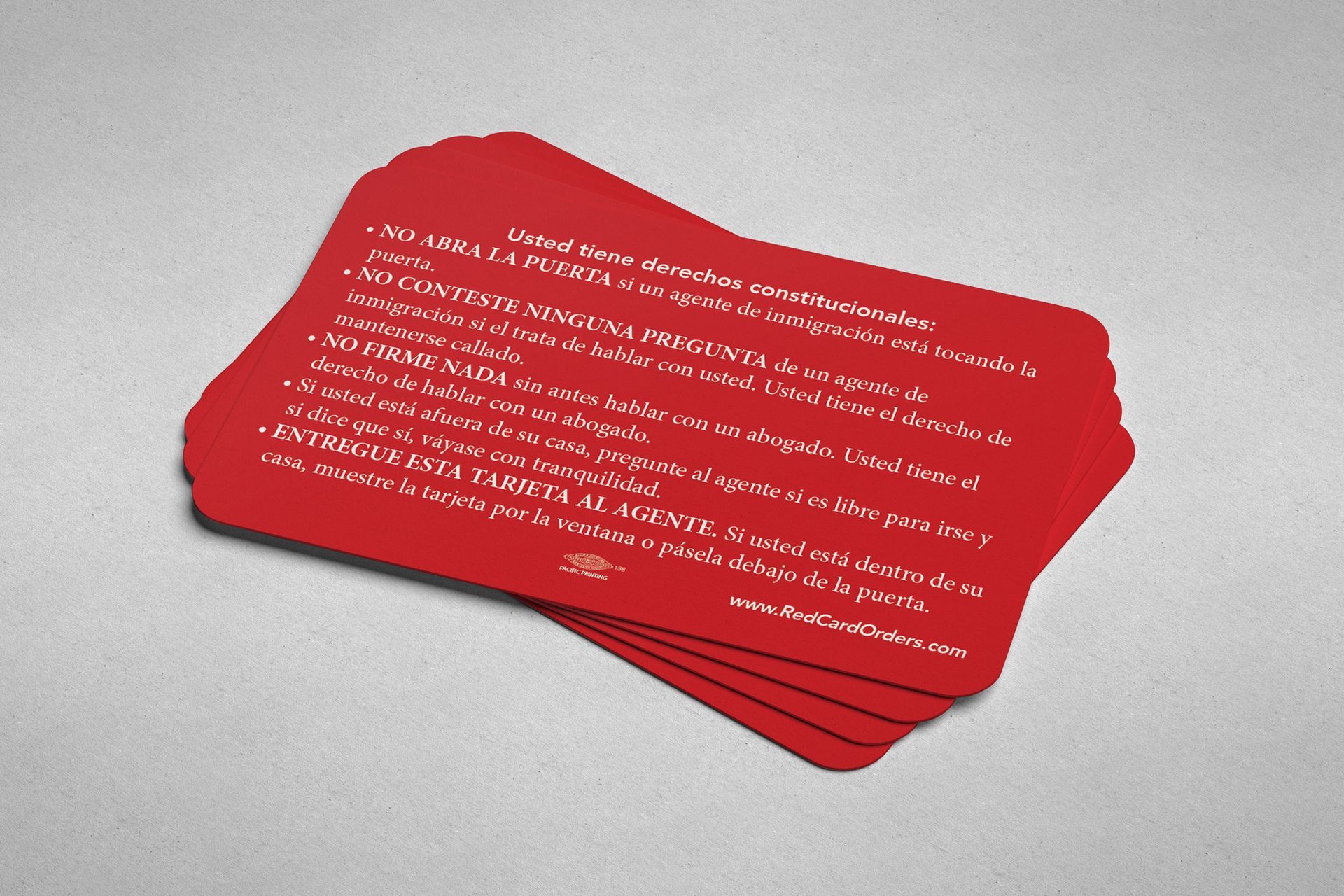
By Elaine Raif
•
February 27, 2025
Community, We continue to extend support to those impacted by recent changes in immigration policy. To our immigrant community and asylum seekers, we want to remind you of our commitment to inclusivity and mental health care where everyone feels accepted, understood and valued. Now more than ever, we must empower one another with knowledge and resources that keep us informed and safe. From legal aid to preparedness toolkits, view link below for a list of resources: https://docs.google.com/document/d/1mszJOLiVhNxanJTqXEZvrZXo88-RFycSOggJJc3W70c/edit?usp=sharing You may also find printed Red Cards available at our Belmont and Naples Plaza offices while supplies last. We stand in solidarity with our immigrant communities and will continue to practice in alignment with our core values. Written by: Elaine Raif
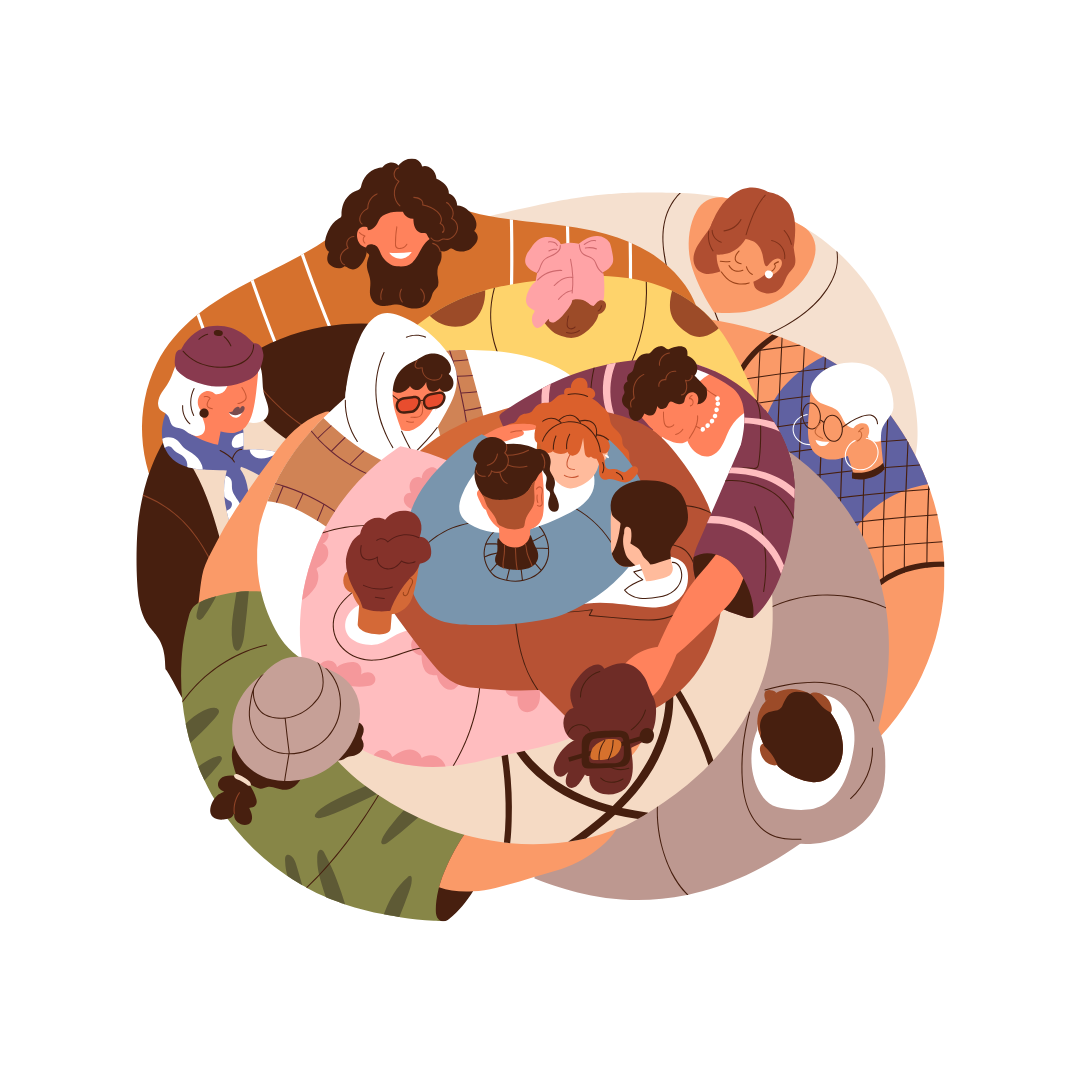
By Elaine Raif
•
February 27, 2025
Times like these are unimaginable. As our world continues to drastically (and rapidly) change, the uncertainty of what tomorrow will bring lingers. If you’re having a difficult time coping with current crises (and crises yet to come), that is normal . Stressed, confused, discouraged and overwhelmed are appropriate responses to such loss and displacement. When we label our current context as unprecedented or ambiguous, we start to accept that finding a straightforward solution to these ever-changing issues is unrealistic . We know that the symbolic and systemic impact of recent crises will reveal itself over time and we can not and should not face it alone. Times like these tap into our generational and ancestral trauma. It calls for our survival instincts and leads us back to ancestral, pre-colonial values of community and kinship. As we seek peace and justice, let’s turn towards and hold one another. Anchor in the new reality of our context – focus on your scope of control. Listen to the messages your feelings and body are sending – trust that your body has good direction. Reach for one another – we will not resolve nor move through this alone. How might we meet ourselves with gentleness and flexibility? How can we encourage our community to do the same? What does “care” look like each day? How do we begin co-creating spaces that center our safety? Written by: Elaine Raif
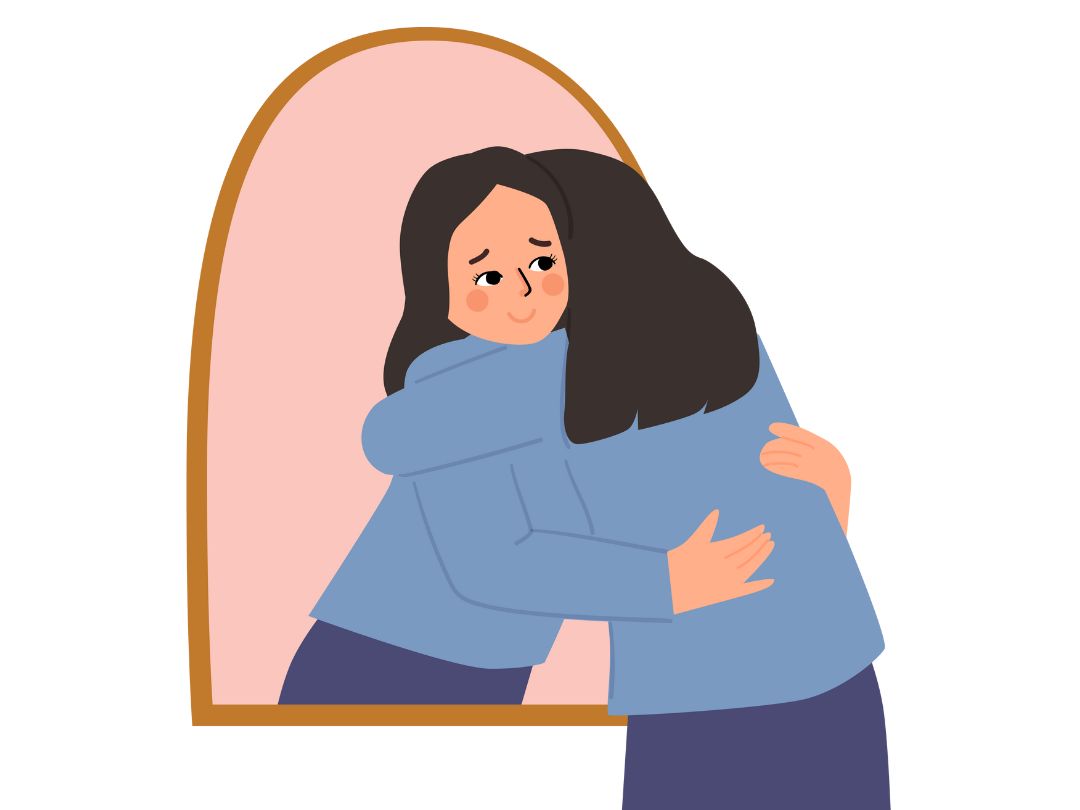
By Junie Abito
•
February 21, 2025
When our minds spin endlessly, replaying the same thoughts, we become trapped—unable to truly experience and process our lives. Like a buffering video that never loads, rumination keeps us from moving forward. But there's a way out. Instead of fighting against difficult emotions or judging ourselves for having them. Ask yourself gently: "What's stirring beneath the surface? What am I really feeling?" Notice the sensations in your body. Is there tightness in your chest? A knot in your stomach? These physical signals are messengers, inviting us to pay attention. When we listen with curiosity rather than resistance or shame, emotions can flow through us naturally. Self-compassion is our guide on this journey. Think of someone you love deeply—perhaps a dear friend or your younger self. What would you say to them in a moment of struggle? "I see that this is really hard for you. It's okay to feel this way. You're not alone." Now, with the same tenderness, turn that compassionate voice toward yourself. The mind's constant chatter often comes from trying to avoid discomfort. But when we meet our experiences with gentle awareness and kind presence, something shifts. The uncomfortable feelings we've been fighting against begin to soften and move. Relief emerges naturally. The mind quiets. We find ourselves freed from the exhausting cycle of overthinking. Your feelings are not problems to be solved . They are parts of you asking to be heard and held. Written by: Junie, the overthinker

By Junie Abito
•
February 18, 2025
Hey there, it's Junie. As a group practice owner, I've tried just about every practice management software out there. The game-changer that allows me to sustain our group is Simple Practice! They’ve just dropped their biggest update yet, and guess what? The features that used to cost extra are now INCLUDED for FREE. 🙌 Here's what's new: ✨ Group Telehealth – No extra charge. ✨ Premium Phone Support – Yep, got it. ✨ Insurance Status Checks – Automatically done for you. ✨ Advanced Calendar Sync – Seamlessly integrated. But here's the best part… New customers get 65% OFF for 3 months when you start your free trial through my link! Ready to level up your practice? Try everything for 7 days, completely FREE, and then enjoy 3 months at 65% OFF. But hurry, this offer won’t last long! ⏳ Click the link here to start your free trial today. Don’t miss out on this game-changing deal! 💪 ⚡️ 65% OFF for 3 months 🎯 7-day Free Trial ⏰ Limited Time Offer P.S. Your practice deserves the best—Simple Practice is here to make that happen. Warmly, Junie

By Elaine Raif
•
December 19, 2024
Like with all endings, closing out the year tends to put us all in a reflective mood: What has happened this year? What have I done? What haven’t I done and why? Before you take out your to-do lists, making final attempts to catch up on resolutions set at the start of the year, take a pause . Before you agree to any more commitments, whether to join or release long standing traditions this holiday, take a pause. Take a pause and allow yourself to be still. Savor the now . Notice the lack of urgency, the temptation to jump to the future or linger in the past. Sometimes, our “next steps” don’t require action or decision-making— but simply acknowledgement. Acknowledge that there has been so much that has led us here and it’s okay to spend the last weeks of 2024 coasting. Yes, coasting and easing . Without pursuing change nor yielding to your version of ‘autopilot,’ welcome the pause and awaken the self through rest . Like with all endings, new beginnings will arrive. It always does, even if we do not run towards it. So for the final moments of this year, get cozy, breathe deeper, and savor the gift of now. Written by: Elaine Raif
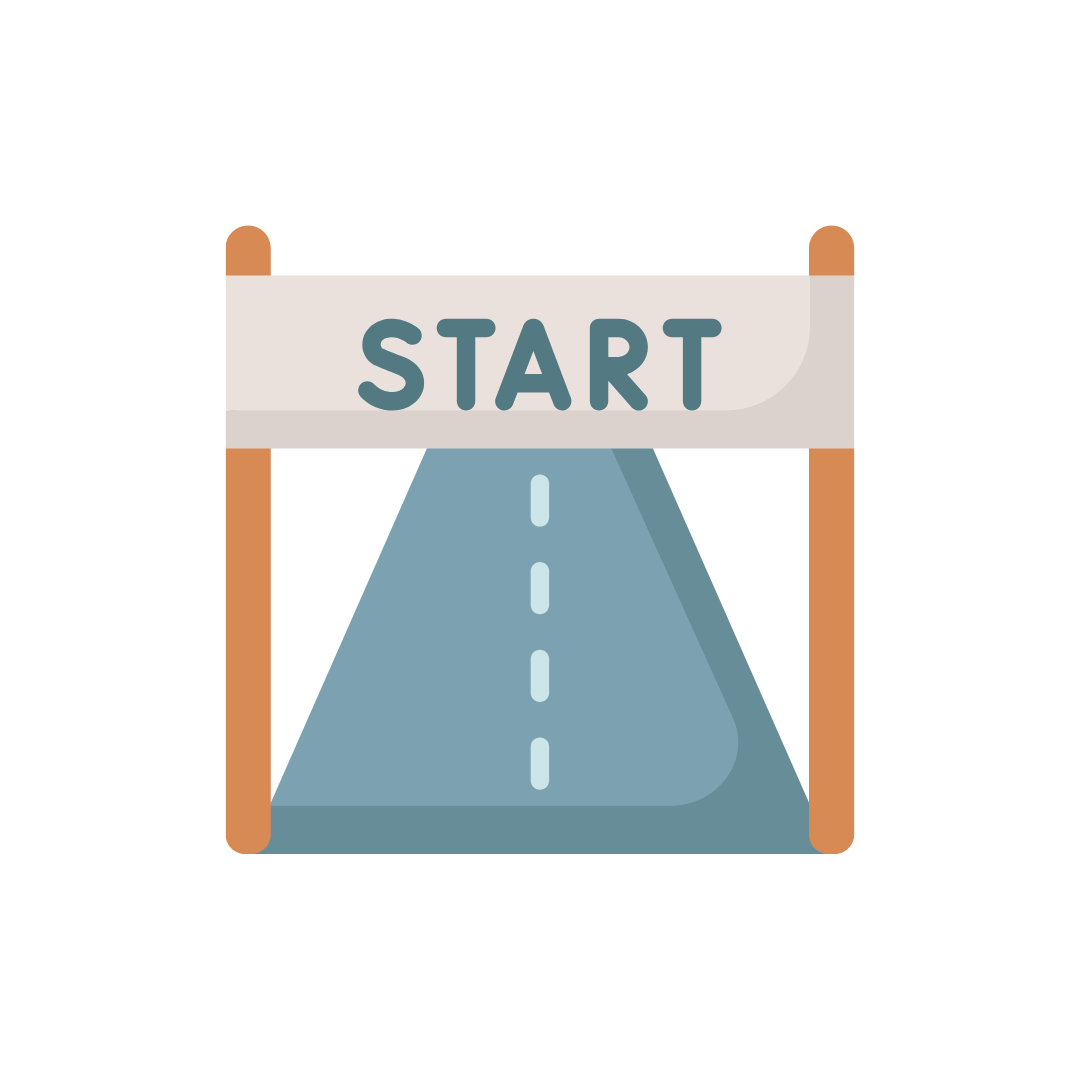
By Elaine Raif
•
December 6, 2024
No one likes being a beginner; it leaves us feeling vulnerable, brings up feelings of shame, taps into our perfectionism and so on… Still, being a beginner means starting and becoming anew. It is an opportunity, not a display of failure. As we evolve and our environments and relationships also change, we become beginners again. And again.. And again.. While this life-long experience can be frustrating and uncomfortable, it’s important to note that you are simply reassessing needs— our own and that of others. What do we need more of? What do we need less of? In order to honor our relationships, we make healthy adjustments based on new and current needs. We can start over every day. We can raise questions, bring up hard topics, share asks and needs that perhaps we didn’t before— being a beginner means we have a choice to be different. Even for our own personal journeys, to allow ourselves the curiosity and vulnerability of a beginner, we create room for possibility and potential . I hope when you are starting something new— a new job, a new relationship, a new hobby— that you see it as an opportunity for personal learning and an empowering decision to shape your future. Written by: Elaine Raif
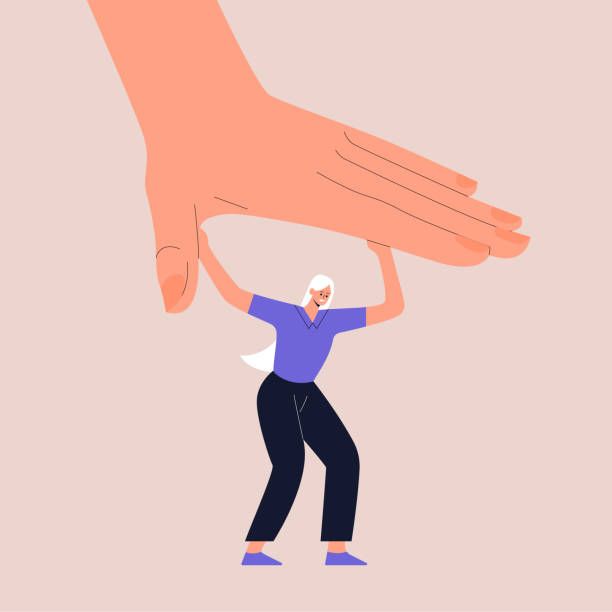
By Elaine Raif
•
November 25, 2024
Patriarchy refers to a social system where power and authority is mostly held by men. Patriarchal ideologies suggest that this inequity is due to “natural differences” between men and women, underlining women’s supposedly inferior nature. This lens is a gendered way of framing the world, creating a hierarchy that promotes dominance over women . This privilege can be seen in men’s over-representation across political, cultural and family domains. All around the world, this privilege is upheld not only by formal rights or common law but also by tradition and discourse/messaging. Some ways we see patriarchy impacting our individual and collective experiences are through systemic and symbolic violence (Bruneau, 2018.) Examples of systemic violence , implemented by institutions of all scales , include laws only targeting women; disproportionate enforcement of dress codes on girls in schools; and the association of domestic work or more “feminine” jobs (ie caregiving, cleaning) to women as systematically undervalued and therefore, underpaid. Examples of symbolic violence , facilitated by social and cultural messaging , gender roles and traditions, include stereotypes of “masculine” and “feminine” ways of being; the history/tradition of taking husband’s last name; heteronormativity or the narrative that women are intended for men; gendered clothing. It’s important to build awareness around how patriarchy exists and persists in the very systems we participate in—including our very own families and [hetero] relationships—as it may be causes for conflict. Patriarchy plays a heavy role in how men and women are socialized to hold and express emotions; our general attitudes towards domestic work or child care; our parenting choices and teachings we pass along and so on. Building awareness allows us to observe, be curious about and ultimately, take steps to challenge harmful ideologies that perpetuate gender inequality. 1 Bruneau, Camille. How do patriarchy and capitalism jointly reinforce the oppression of women? CADTM. https://www.cadtm.org/spip.php?page=imprimer&id_article=16583. (2018, September 13) Written by: Elaine Raif
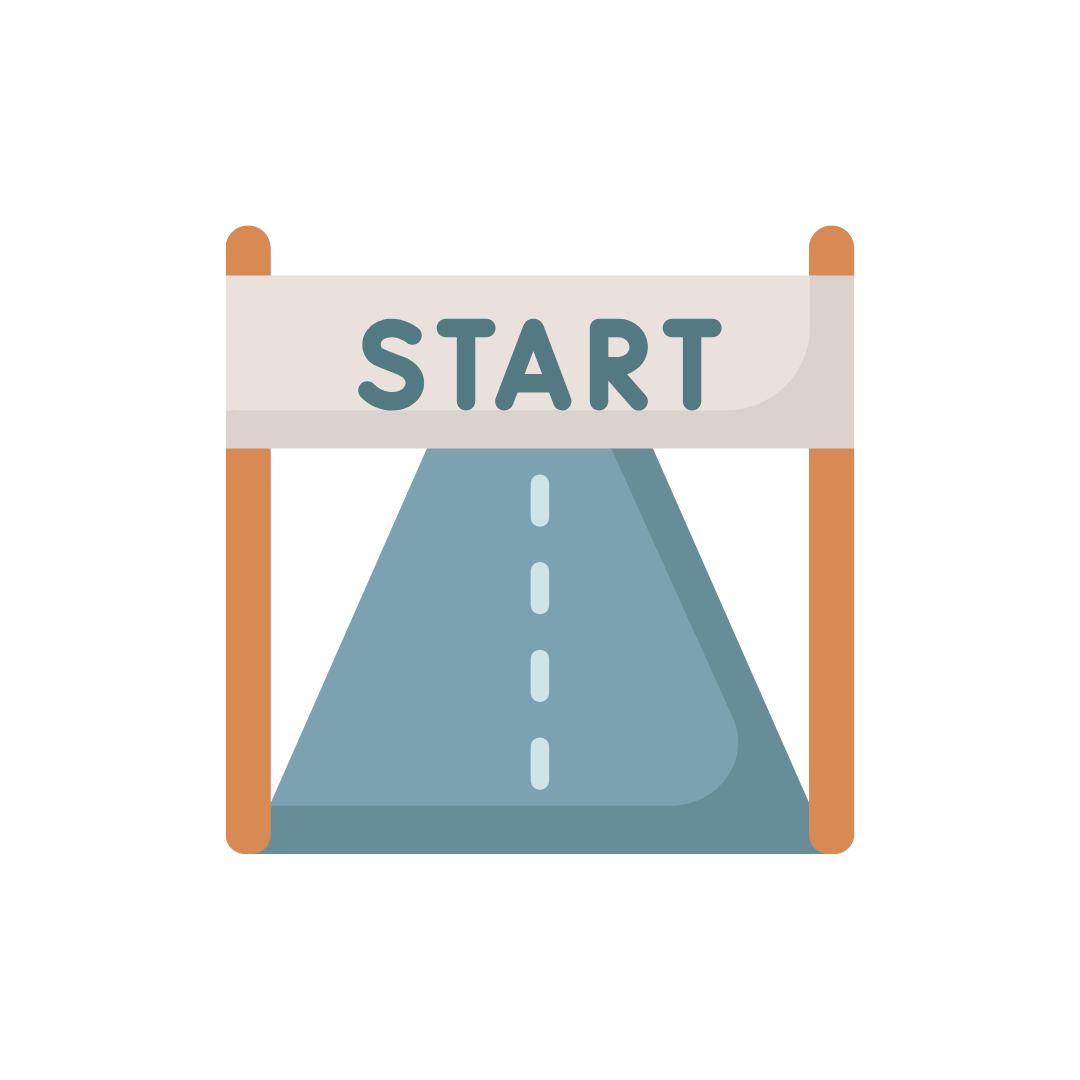
By Elaine Raif
•
November 25, 2024
A control fallacy is one type of cognitive distortion involving beliefs about our total control or lack thereof over situations. Both beliefs—either we are in complete control or have no control over our life—are equally inaccurate. At times, it can be easy to believe that we are entirely responsible for our situations and the impact it has on those around us. While it’s true, our decision-making naturally leads us to consequences, there’s often more to that equation. Our context is full of other external factors that hold influence. We cannot take all the credit— but what we can do is narrow our scope of control. How? Identify what decisions you have made that resulted in the situation Reflect on what/who else influenced the situation that you might be ignoring or forgetting - Let others be responsible for themselves. Ask what decisions you can make now to change it On the other side of that coin is believing we’ve fallen victim to fate. This belief orients us as bystanders in our own lives and leaves us feeling helpless. To challenge this, we must seek out areas in our day to day lives—again narrowing our scope of control—where we do have more control. At a minimum, we can shift our negative self-talk into more self-compassion self-talk. Which side of the fallacy do you often find yourself in? Having complete control or none at all? Written by: Elaine Raif

By Elaine Raif
•
November 25, 2024
“Rest” can sometimes feel at odds with our values (Yes, I’m talking to you over-productive folks …like myself.) Advocacy and justice are likely values that feel ignored when we choose to rest especially during election season. It’s true that now is not the time to engage in hopelessness and inaction. And so now more than ever, we must make our advocacy sustainable. Sustainability promotes longevity. We can practice our values of advocacy—in whatever avenue we choose to express it—with boundaries and a clear sense of our own limits. While it is important to amplify our voices, we must not sacrifice our wellness. We must leave room for self. This is how we will do our most meaningful work while ensuring we aren’t running on empty. This is how we ensure the mission towards justice continues on. We must also understand that the journey to justice is not meant to be a lonely one- it is collective, it is with and for community. So when we give ourselves permission to rest, we are trusting our community to hold us as we recharge. We remind ourselves that we too, are a priority. We thank our bodies by gifting it stillness and pause. We give justice a better chance by showing up for us– the very agents of change. No, you don’t care less . You are deeply invested. We just have to believe that nurturing ourselves is an integral part of moving forward. Written by: Elaine Raif

By Elaine Raif
•
October 1, 2024
Community Spotlight is a new segment in our newsletter where we discuss mental health themes/topics with community members, leaders and agencies in Long Beach and Los Angeles. Today, we’ll be discussing mental health and body work + movement. Please start off by introducing yourself. My name is Denise Siazon and I am a Doctor of Physical Therapist specializing in Sports Performance based out of Los Angeles, here to push the story of the underdogs - for people to take charge of their health and wellness journey. I empower clients to feel confident and understand that their bodies are capable and resilient after injury or surgery. Why is mental health and body work + movement so important to discuss? Mental health and movement are closely intertwined in our pursuit of well-being. Movement empowers us to embrace our authentic selves, fostering connections with others and especially with ourselves. To move freely allows us to fully express ourselves and participate in activities that make us feel whole - such as dancing with our partners, playing our favorite sport, jumping during celebrations. There’s a saying in the rehab world that we cannot find tension with tension, and I think that goes hand in hand with our physical and mental health. We might get stuck with our endless thoughts fueling our anxiety and feeding into our stress levels. Oftentimes, the answer is to reset and self-regulate by changing up our environments. Movement and body work has the ability to divert our attention from external stressors to being in tune with our bodies and being present with how we feel physically and emotionally. What do you believe is the impact of bodywork/movement on the community/population you support? Movement and bodywork have become a form of self-care and meditation for most of my clients. I work with many high-performing adults in their careers and in the gym, on the field, or on stage. Many of them admit that they struggle to dedicate a moment of stillness for meditation, but they prioritize their physical therapy sessions, marking them as non-negotiable in their calendars. A significant number of my clients initially seek my help due to an injury or post-surgery, while others come to me in search of their best physical and mental selves. There’s a big mental game that comes with the process of returning to doing the things you love after feeling disconnected from your body for so long. There is often fear and anxiety surrounding an injury, including concerns about regaining full physical capacity and potential setbacks that may feel like starting from scratch. Through bodywork, I am able to establish rapport and trust with my clients by reducing restrictions and pain levels to prepare them for movement. I help break down their big goals into manageable movements and provide them with a plan to progress from point A to point B. My ultimate goal is to instill confidence in my clients so they can move in their bodies with ease and live out their purpose. With that said, what are some major takeaways, tools or resources you can share with all of us as we navigate mental health and body work/movement? Use your breath and connect with it. We often think that we have to live hustle culture - to keep it moving and be productive at all times. If we don’t slow down, find our breath, and listen to our bodies - we’ll be forced to take a break and it won’t be at a convenient time. I use a lot of breathing techniques with my clients to help increase accessibility in their bodies. Deep full breaths help create space within the bodies, get us into a deeper stretch and also help facilitate muscles when in proper positions. Always meet your body where it’s at and give yourself the permission to move with grace. Find movements that make you feel good and embrace them. Where can our readers learn more about you and your work? Hi, you can read more about me here: https://voyagela.com/interview/meet-denise-rose-siazon-of-kaya-physical-therapy-performance/ Instagram: @dr.dsiazon_dpt Written by: Elaine Raif

By Elaine Raif
•
September 20, 2024
Many things in life will “pull” at us with a sense of urgency— deadlines, to-do lists, and other commitments… Urgency sets off alarms throughout our central nervous system; And when we are often in a state of urgency or high alert, our fight/flight/freeze response is over-active. Overtime, our body will feel the impact. How do we recover? Meet your body’s basic needs: Prioritize a meaningful dose of sleep and nourish your body. Practice relaxation: Engage in relaxation activities to reduce stimulation and stress. Tip: Activate your senses. Your sensory memories live in the same part of our brain where our Stress Response Cycle lives— in your brainstem! Contain the stressors: Explore the underlying factors and challenges of your stressors. Take manageable steps to address these. If it feels too big to unravel alone, seek guidance from a therapist :) It is a conscious choice every day to practice slowing down and resisting urgency so that we can make attempts to recover. What we find is that we’re our best selves when we are our grounded selves. We make thoughtful choices to do, to be and to engage with in ways that feel positive and secure. Written by: Elaine Raif

By Elaine Raif
•
September 14, 2024
You may have heard of Mr. Roger’s phrase, “Look for the helpers” and more recently, it’s been a common reminder at our practice. As an effort to highlight the “helpers,” the people in our communities dedicating their time, resources and energy towards wellness, community-building and celebration, we’re introducing our Community Spotlight segment. In this new segment in our newsletter, we’ll discuss mental health themes/topics with our very own community leaders in Long Beach and Los Angeles. Today, we’ll be discussing mental health and storytelling. Please start off by introducing yourself. Hello, my name is Laura Tejeda, pronouns she/her/they and I am a Diversity, Equity and Inclusion practitioner and a freelance multimedia journalist. I am the founder of the social media page Hungryineastlos where I share stories about community, BIPOC owned food businesses and magical people of LA. Why is mental health and storytelling + community work so important to discuss? I believe mental health and storytelling + community work is so important to discuss because it allows for people to see each other and understand each other much more deeply. We live in a generation where our "personal brands" are carefully curated on social media and communities are created online rather than in-person. To discuss mental health means to allow space for vulnerability and for people to find similarities with each other based on challenges, successes and triumphs in regards to our mental well-being. What do you believe is the impact of story-telling + community work on the community/population you support? I believe the impact of storytelling + community work on the population I support is amplifying pride in cultural wealth. I love sharing stories of BIPOC communities and the ways in which people thrive despite challenges. I think my work allows for people to feel connected to the community of Los Angeles, and East Los Angeles specifically. It's a beautiful thing for people to share their stories about communities that are often antagonized. I love when people share that my creative content makes them feel seen, or that it makes them remember moments as young children, or moments with their loved ones that have passed. With that said, what are some major takeaways, tools or resources you can share with all of us as we navigate mental health and story-telling? Some takeaways I can share are: Tell YOUR story, your story carries beauty and only YOU can tell it. There is inspiration and lessons in everyone's story, and when we share ourselves with others we may be making a bigger impact than we think. Live authentically! Bad days, low days, blue days are going to come. Healing journeys are the furthest from linear and being honest with yourself and others about this will only allow for you to move through it easier. Become friends with your emotions and feelings rather than try to make them go away. Ask them why they're here, talk to them. Assess what you need to feel better through them. Where can our readers learn more about you and your work? Readers can find more about me @hungryineastlos on tiktok and instagram, they can view some of my work at https://solo.to/hungryineastlos Written by: Elaine Raif

By Elaine Raif
•
August 23, 2024
It’s difficult to predict what the times ahead will be like as we enter this election season. Politics and the upcoming elections can be a significant stressor, especially as elections introduce an uncertainty around policies that impact our very lives and communities. As 2024 progresses, the political climate and dialogue around it can also create interpersonal conflict. There is no one way to navigate political stress… The ways in which this upcoming election season impacts us, will vary… And still, we all need a starting point. Look for the helpers. The “helpers” are those who are able and choose to be of service to our communities, to humanity. They are the ones who dedicate their time and stand in their bravery to have a positive impact in our world. Find them in your circles and in your neighbors. Doing so has some balancing effect on the instability of these political times. Continue to seek out your community. It may offer us relief to know there are people we can trust with our feelings, thoughts and beliefs without judgement. Live out your values. Ensuring that we are living closely aligned to our values reminds us of what’s important and what we can control in our daily lives. Make the choices and engage in ways that highlight your values— It is a powerful way to both influence the political climate and help us stay true to ourselves during stressful times. Written by: Elaine Raif
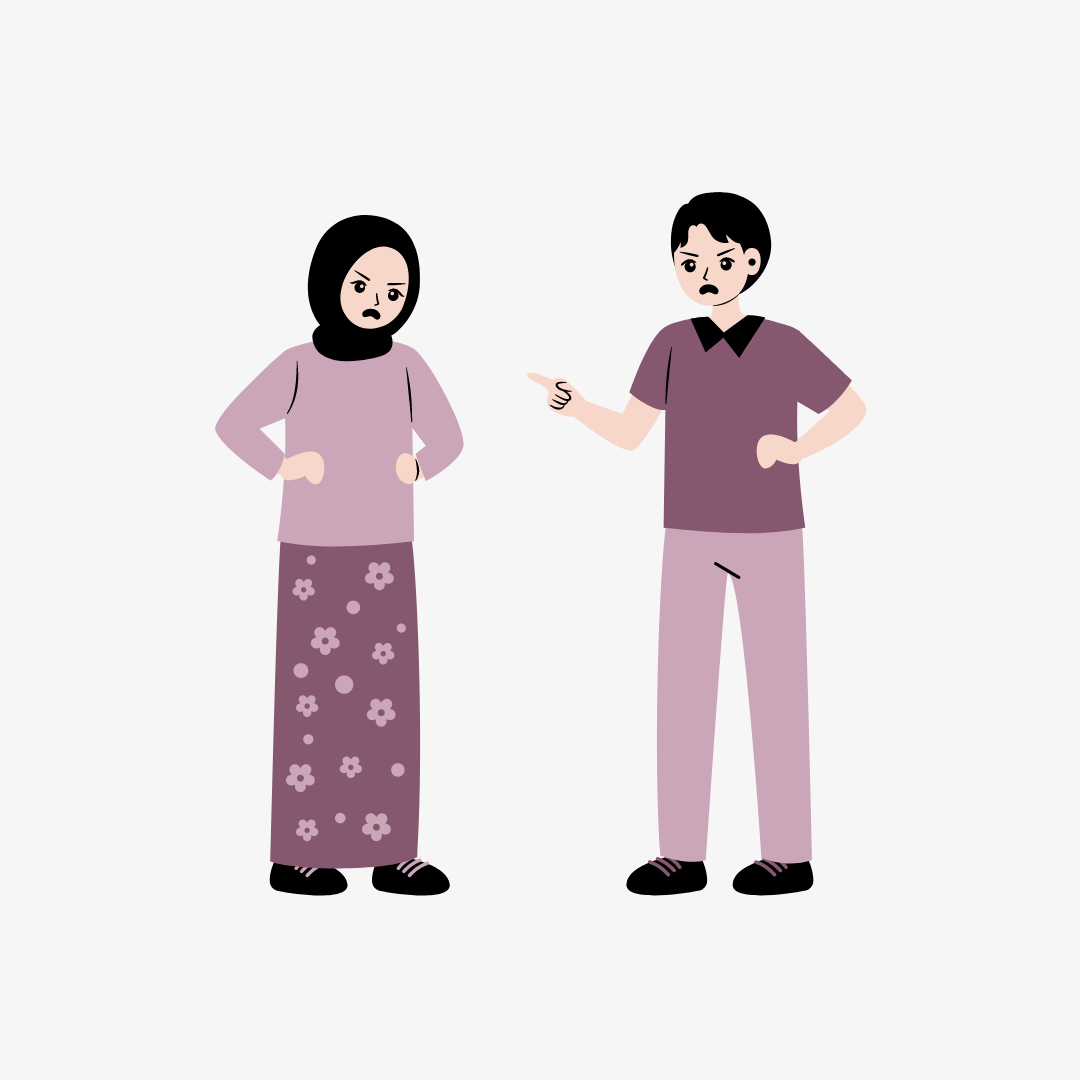
By Elaine Raif
•
August 9, 2024
In conflict, it might feel like you and your partner are in opposing teams. With hard feelings, it can be hard to extend grace and empathy. Thus, creating more space between the two of you—leaving you both feeling misunderstood. Before we can engage in persuasion or problem-solving, you must first try to understand your partner’s position and similarly, feel understood in yours. So how do we turn towards instead of turning against each other in moments of conflict? We reach for a shared experience. Shared experiences, including the hard feelings, help us step into the same side of the problem. It becomes ‘us vs. the problem' instead of ‘you vs. me.’ We can do this by practicing the Gottman’s “Assumption of Similarity” tip. The “Assumption of Similarity” tasks us to assign both positive and negative traits we see in ourselves during conflict to our partners too. How might this sound during conflict conversations? Try implementing the “Just Like Me” method —reflect on your feelings and intentions, then assume your partner is sharing that experience with you. This method diffuses the harshness that escalates conflict by amplifying empathy. “My partner’s feeling frustrated… just like me.” “My partner’s trying to make things better… just like me.” “My partner doesn’t have all the answers… just like me.” “My partner is concerned about this situation… just like me.” Holding this perspective inches us towards each other and our shared experience rather than dividing us. It encourages us to approach conflict together, leading with care and understanding for one another. Written by: Elaine Raif
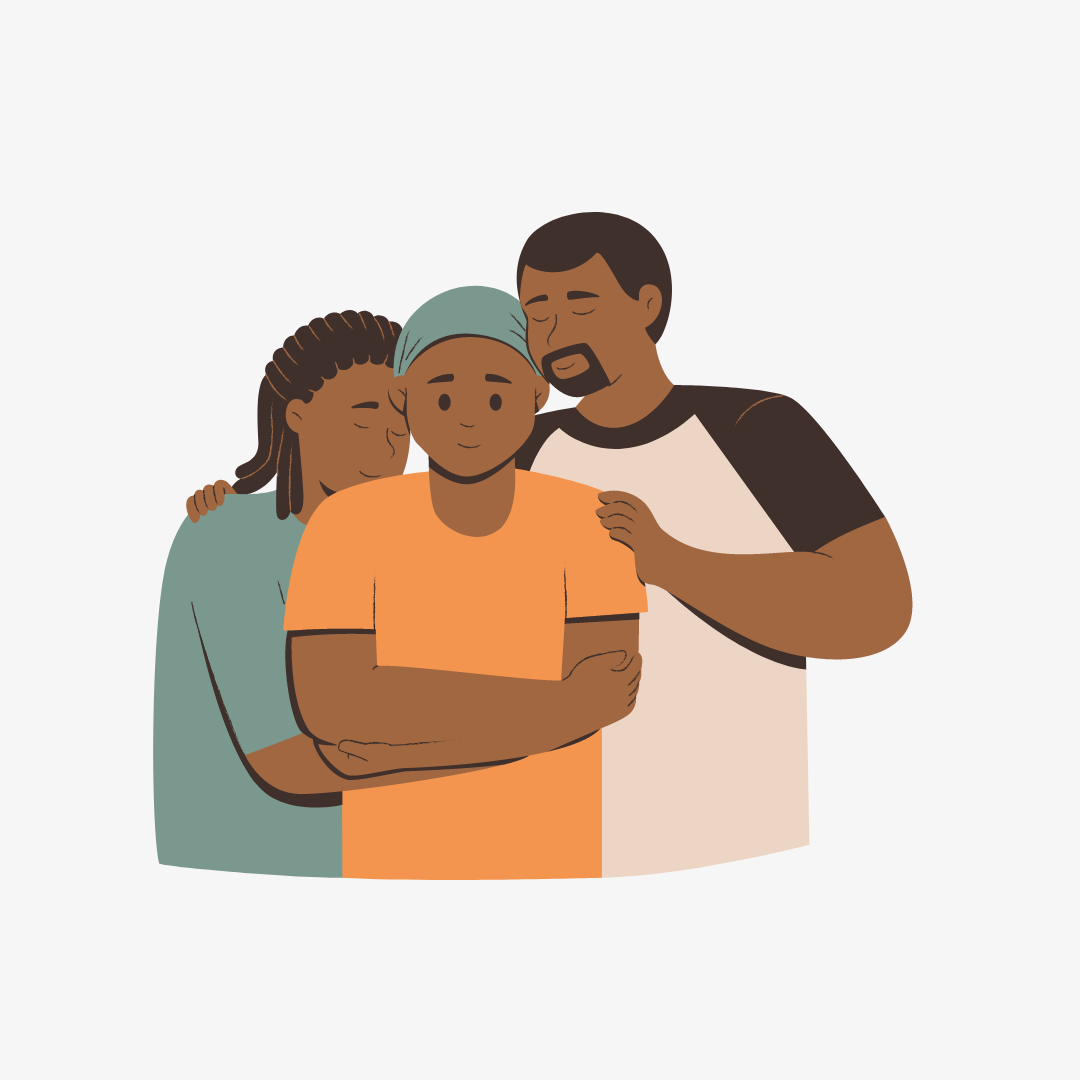
By Elaine Raif
•
August 9, 2024
We are flawed humans – our imperfections will inevitably create challenges in every season of our lives. We will continuously be tasked to navigate this practice of not punishing ourselves for things we can no longer change. While it’s tempting to look back at our suffering and draw self-blame, know that we have another choice: self-forgiveness. Self-forgiveness is key to healing and it will be unique to you as you grow a deeper understanding of your past experiences. Self-forgiveness is hard and scary… at times, we might even feel like we don’t deserve or aren’t worthy of it. Through therapy, we unpack our hurt and the hurt we’ve caused; we uncover and make meaning of our past choices; then we must learn to meet all (younger) versions of ourselves with compassion. We allow ourselves to start anew, to try again… When we don’t, we gradually cultivate a path to destruction and self-hatred. Self-hatred is not protecting you or anyone else. There is so much anguish and pain for our younger selves. When we’re ready, to forgive our past self is to breathe new life into our choices and healing today. We walk with all versions of self so we must try to make space for self-forgiveness. Repeat this mantra: I will not condemn my past self for the knowledge and wisdom I have now. I will choose to forgive myself in ways that feel kind and meaningful to me. Written by: Elaine Raif
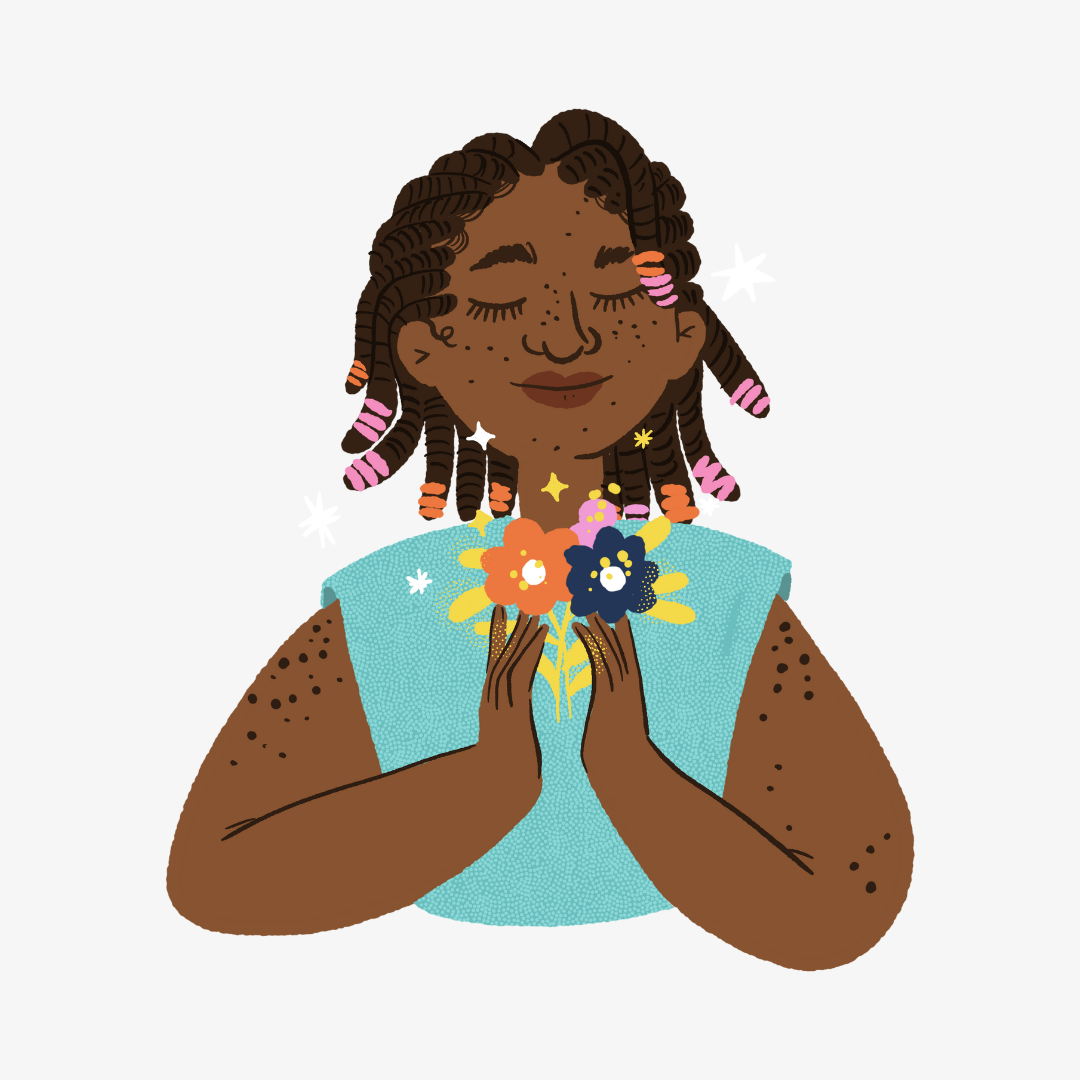
By Elaine Raif
•
July 20, 2024
We are flawed humans – our imperfections will inevitably create challenges in every season of our lives. We will continuously be tasked to navigate this practice of not punishing ourselves for things we can no longer change. While it’s tempting to look back at our suffering and draw self-blame, know that we have another choice: self-forgiveness. Self-forgiveness is key to healing and it will be unique to you as you grow a deeper understanding of your past experiences. Self-forgiveness is hard and scary… at times, we might even feel like we don’t deserve or aren’t worthy of it. Through therapy, we unpack our hurt and the hurt we’ve caused; we uncover and make meaning of our past choices; then we must learn to meet all (younger) versions of ourselves with compassion. We allow ourselves to start anew, to try again… When we don’t, we gradually cultivate a path to destruction and self-hatred. Self-hatred is not protecting you or anyone else. There is so much anguish and pain for our younger selves. When we’re ready, to forgive our past self is to breathe new life into our choices and healing today. We walk with all versions of self so we must try to make space for self-forgiveness. Repeat this mantra: I will not condemn my past self for the knowledge and wisdom I have now. I will choose to forgive myself in ways that feel kind and meaningful to me. Written by: Elaine Raif

By Elaine Raif
•
July 5, 2024
In our previous newsletter, we talked about the benefits of “reaching for a shared experience” during conflict. Today, we want to share another tool to promote unity and empathy during hard conversations. When we find ourselves rehashing the same conflict-conversation, it is an indicator that neither of us are feeling understood- So we dig our heels in and explain our perspective again and again and again. And so does our partner. How do we step out of this tug-of-war pattern? Ask curious questions. Try to remember your partner wants so deeply to be understood, just like you. Be mindful that curious questions are intended to seek out knowledge, deeper understanding and insight into your partner’s inner world and experience. Curious questions are exploratory and come from a place of interest and genuine care. Examples: When did this conversation take a turn for you? What words, actions or behaviors, escalated your feelings around this experience/topic? Why is this experience/topic so important to you? What else do you need me to understand or acknowledge about this experience/topic? Question-ing , on the other hand, can sound accusatory and display defensiveness. What did I do this time? How is it my fault again? What do you want from me now? Why can’t you just let it go? When you notice the tug-of-war, push and pull, momentum in your conflict conversation— pause. Postpone making any more statements and replace it with curious questions. Written by: Elaine Raif

By Elaine Raif
•
June 20, 2024
Sometimes, there is shame in “sitting” with the hard feelings. We might have the personal urge or external pressure to “get over it” or “bounce back” sooner than later. Sometimes, “bouncing back” feels like a natural, necessary response- for survival. Sometimes, “bouncing back” is what we interpret resilience to be. Resilience is often a tale of someone who moves past the challenges, quickly returning to their baseline after a difficult situation or event. Hardly do we ever talk about resilience while someone is within their emotional distress or struggle. Instead, they must overcome by doing, eliminating, resolving first. Where does this impulse to “bounce back” come from? What is the self-talk or tone around being in our struggle? What do we compromise in order to “get over it?” Think about the messaging around you (in childhood, society, media, etc) about having difficult emotional experiences— How do we measure resilience? What are the stories we tell of those who overcome? What words do we use to describe them? What is the warning or fear if we don’t “bounce back”? What words do we use to describe those who are in their struggle? And how do we meet them/ourselves with compassion? We are proud of our survivors; we are survivors too. And there is so much to gain in knowing, understanding and truly processing the struggle. We must know our own struggle in order to sit with others in theirs– this is empathy. It’s in processing our struggle, uncensored and true, we honor the full range of our human experience. When we “sit” with the hard feelings, we sit with our entire, integrated personhood. Written by: Elaine Raif

By Elaine Raif
•
May 30, 2024
It’s undeniable how much pain is in our atmosphere. With all the turmoil, injustice, and distress across oceans, cities and in our own spaces, it is heavy. While we might have the urge to engage in or implement tools to push past pain—to get to the other side of it—there is healing in allowing In the allowing, we give ourselves the permission to see and sit in the truth of our heaviness, anguish. It’s true—I’m hurting. It’s true—My pain is showing. And it’s also true that I’m human. As humans, we do not have an endless supply of drive, energy, head- and heart-space… we have limits to what and how much we can carry. So for now, if you have not yet given space for your hard feelings, allow. Allow tenderness, allow the feelings to wash over you. Allow humanness. “I’m not ready yet and that’s okay, I will sit in this feeling for now.” There will be time to reassess the hard feelings. And you will, eventually. Assessing readiness is an important part of healing. Assessing readiness is compassionate towards self. Assessing readiness says “I will show up authentically. I will be honest about my capacity. I deserve to take time and space to just be.” Written by: Elaine Raif
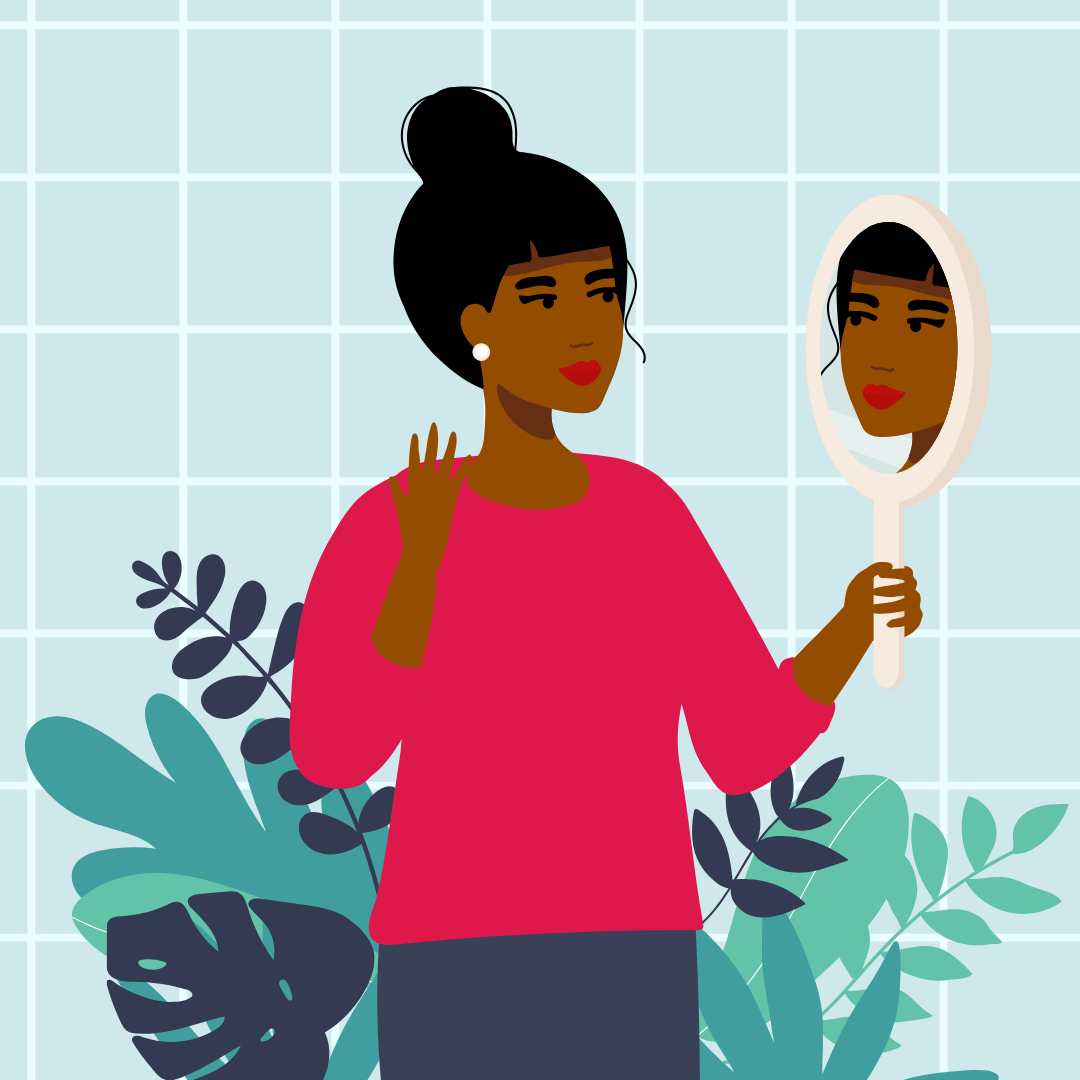
By Elaine Raif
•
May 12, 2024
Self-blame is harsh, inflexible and can keep us in a shame cycle. We become “stuck” in the problem, repeatedly blaming and criticizing ourselves. When we are always “at fault,” it often leads to fear of making more mistakes. It stunts our learning and our relationships. Notice when your self-talk is accusatory. That’s self-blame. Personal accountability is flexible and can lead us towards acceptance. When we engage in the vulnerability that is required to take accountability, we approach clarity and more understanding of the situation. What you’ll also find when you take responsibility for any part of the situation is… you’ll hold more compassion for others involved. Compassion is an invitation to heal together. Written by: Elaine Raif

By Elaine Raif
•
May 2, 2024
As our living context or circumstances change—both by inevitable forces (like aging) and by our calculated choices—the way we manage key areas in our lives naturally shift too. These key areas include our relationships, personal needs, priorities and more. We shift in how closely or distantly we engage in what has historically been long-running commitments and communities— and that’s okay. It is okay to need more or need less. Our wellness requires it. To navigate changes, especially ones we’re facing for the first time, we must practice the ability to reassess our needs and priorities. We’re tasked to consider the new and different ways we manage our health and wellness in this current context. We reflect on what we have capacity, time, energy and resources for in this current context. Because we are always in moments of transition between one context to another, change can often bring forth grief. Give space and turn towards what/who you are grieving. Try asking yourself, “What and who am I shedding? Why?” As you reflect, we invite you to hold the perspective that: I foster contentment and resilience through change by meeting myself with patience, truth and forgiveness. Written by: Elaine Raif

By Elaine Raif
•
May 2, 2024
“You’ll always be that way” “I’m never going to learn” “My family always reacts in that way” “You’re never there for me” Have you noticed yourself using “always” or “never” to describe yourself/others? We all have likely done it. Rarely do we use “always” and “never” after a single incident, so naturally, it truly feels like the situation is as finite as the words, “always” and “never.” However, when we engage in the “always” and “never,” we are engaging in criticism– we point to character faults (in self or in others) rather than addressing a pattern of behavior. Over the last few newsletters, we’ve been noting: words matter. Words matter because what we say, how often we say it contributes to the rewiring of our brain. It solidifies our perspectives, influences our overall sentiment towards self and others. When we use “always” and “never,” we are automatically assuming there is no chance for new behaviors. If you can imagine repeating, “I’m never going to learn” leading up to an exam or work assignment… How might that impact not only your motivation but your self-concept? You might take on that sentiment towards a behavior/task (like studying) and adopt a belief about self- that I am defective in some way. Words like “always” and “never” further create restricting narratives about self/others that might be detrimental. Instead, try having an open discussion or reflection about patterns of behaviors so that we call attention to the situations we’d like to improve vs. limiting our potential for change. Written by: Elaine Raif
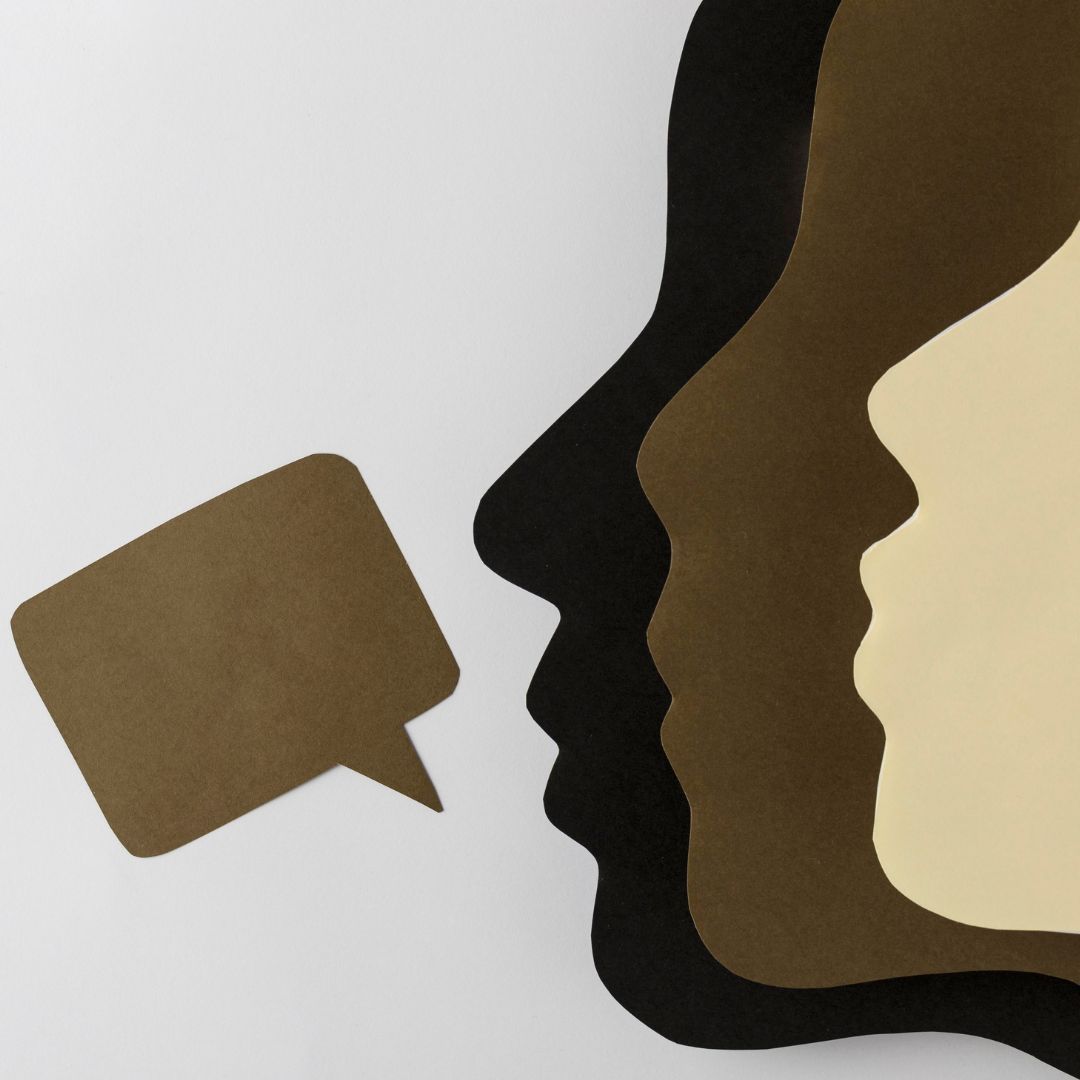
By Elaine Raif
•
April 1, 2024
When assessing our situations, relationships, and decisions, we might find ourselves in conflict with ourselves. We may have thoughts, feedback or opinions that appear opposing, creating internal conflict and it’s usually accompanied by ‘but’s. For example: “I believe I made the best decision but it still turned out to be challenging” “I really enjoy working with this person but I need more support” “I’m trying my best as a parent but I’m tired” “I want to try this new activity but I might fail” The power of ‘and’ is accepting both statements to be true. Instead of negating one another, they can and do co-exist. Try replacing ‘but’s with ‘and’s: “I believe I made the best decision and it still turned out to be challenging” “I really enjoy working with this person and I need more support” “I’m trying my best as a parent and I’m tired” “I want to try this new activity and I might fail” When we frequently use ‘but’s, we limit our ability to be flexible, (self-) forgiving, and complex. Instead, practicing the power of ‘and’ helps us understand our experiences as nuanced. It is validating our experiences without compromising how we think of ourselves and how we communicate with others. Humans are complex and although it seems like we’re merely replacing words – words matter. The difference between possibilities and limitations lies in the negative loop of ‘but’s. Written by: Elaine Raif

By Elaine Raif
•
April 1, 2024
Relationships consist of different people trying to co-exist while operating on their own “code” or personal beliefs, values and experiences. Your relational patterns– the ways you approach conflict, how you process shared experiences, your preferences for intimacy/privacy, etc. –are not unique to your partner; they’re actually unique to you – activated when you’re in-relationship with another person. Couples therapy is a landing place to explore the differences/similarities; develop the soft skills to problem-solve and foster a meaningful connection; and to build a life of shared meaning or “code” as a union. In sessions, your couples therapist is not only a mirror to your relationship’s dysfunction, but a window into what can be instead. Therapists are mirrors – reflecting how your individual, relational patterns show up as seen in our engagements in session. We thank you for bringing it into the space so that we can better see, understand and be curious about these patterns. And we are also windows – an opportunity to witness and participate in different patterns of relating. When your pain or attachment wounds reveals itself in the way you defend, deflect or shut down/out, we aim to meet you with a response you perhaps haven’t received– one that’s tender and affirming. In couples therapy, we are addressing interpersonal challenges across layers– within self, within the dyad, and briefly when appropriate, within the therapeutic relationship. Written by: Elaine Raif
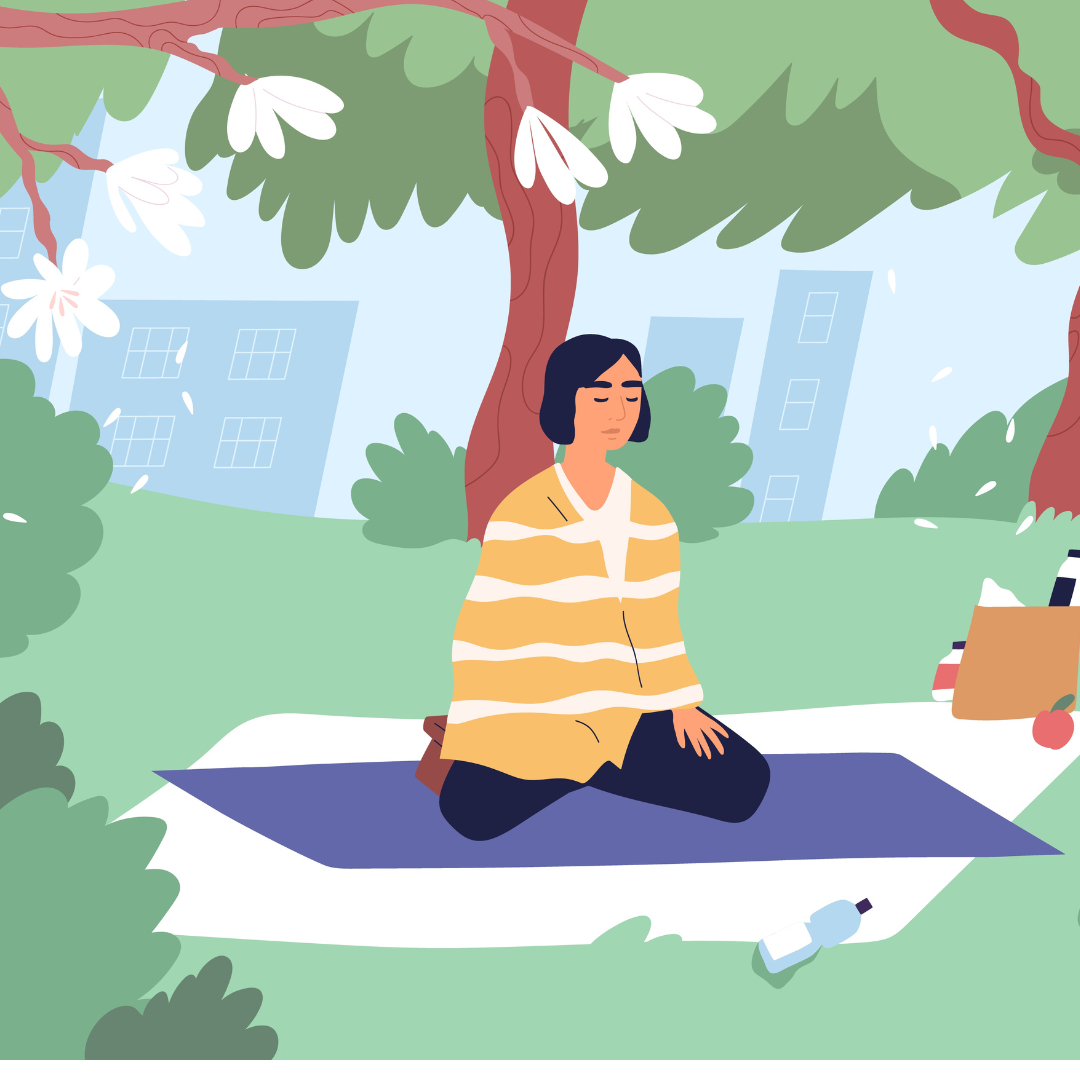
By Elaine Raif
•
March 4, 2024
In today’s world of instant communication, online calendars and virtual meetings, goal tracking apps and more… It can be easy to feel like you’re always “catching up,” aiming to be productive in a losing race. By operating in this rigid way, we run the risk of burnout. While important to fulfill our many duties, we must first honor the duty we have to ourselves– to prioritize and maintain our well-being through acts of self-preservation. How do we practice self-preservation? We can do so by practicing the 4 S’s: Silence, Solitude, Slowing down and Stillness Consider implementing the 4 S’s in these important rituals for self-preservation: Something to help me wake up (ie. mindful tea-drinking) Something for the body (ie. taking a leisurely walk, stretch) Something for the heart (ie. reading, journaling) Something for the spirit (ie. meditation, prayer) Something to help me wind down (ie. calming music, a warm bath/shower) Instead of “pushing through” the hard or ignoring our body’s cues, develop an awareness for your wellbeing. Check your meter. Check for false urgencies. Can you make time and space for silence, solitude, slowing down or stillness today? Written by: Elaine Raif
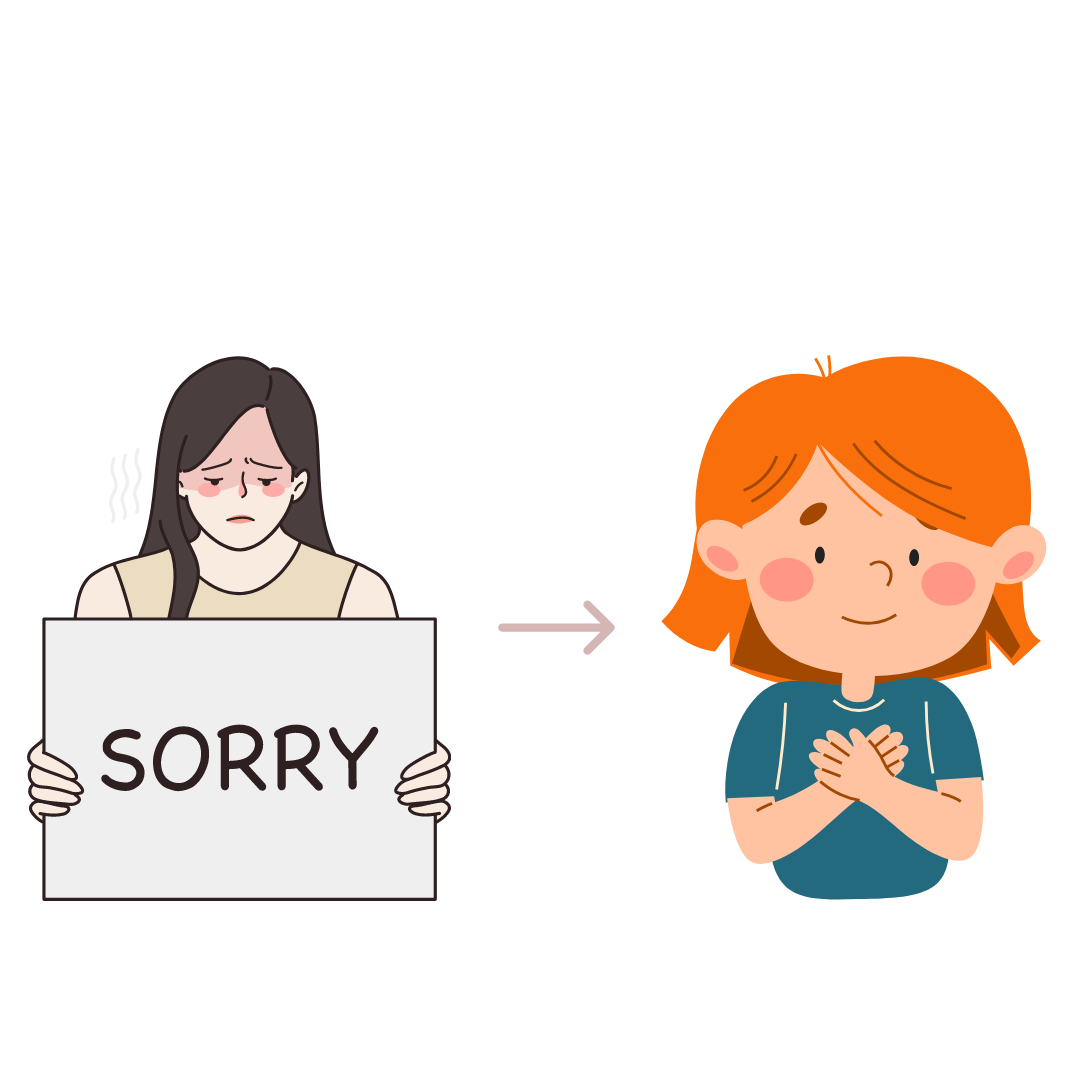
By Elaine Raif
•
February 19, 2024
Do you find yourself apologizing for every minor delay, honest mistake, or even an instance you had entirely no fault over? While offering an apology is helpful in many cases, over-apologizing might instead propel our people-pleasing habits and negatively impact self-esteem. So why do we do it? Some reasons we might over-apologize include: Misplaced guilt – Feeling responsible for something outside of our control and choice; or for someone else’s choices People-pleasing – Trying to manage others’ perceptions of self in order to receive their approval/acceptance Low self-esteem – Feeling like a burden for taking up too much space, being “difficult” or disruptive Instead, try replacing “I’m sorry for…” with “Thank you for…” in order to: 1) release misplaced responsibility, 2) allow for others to experience natural consequences, and 3) promote feelings of worthiness For example: Replace “I’m sorry I’m late!” with “Thank you for waiting” Replace “I’m sorry I didn’t return your call/text!” with “Thank you for being patient with me” Replace “I’m sorry that didn’t go as planned” with “Thank you for being understanding about unexpected changes” Written by: Elaine Raif
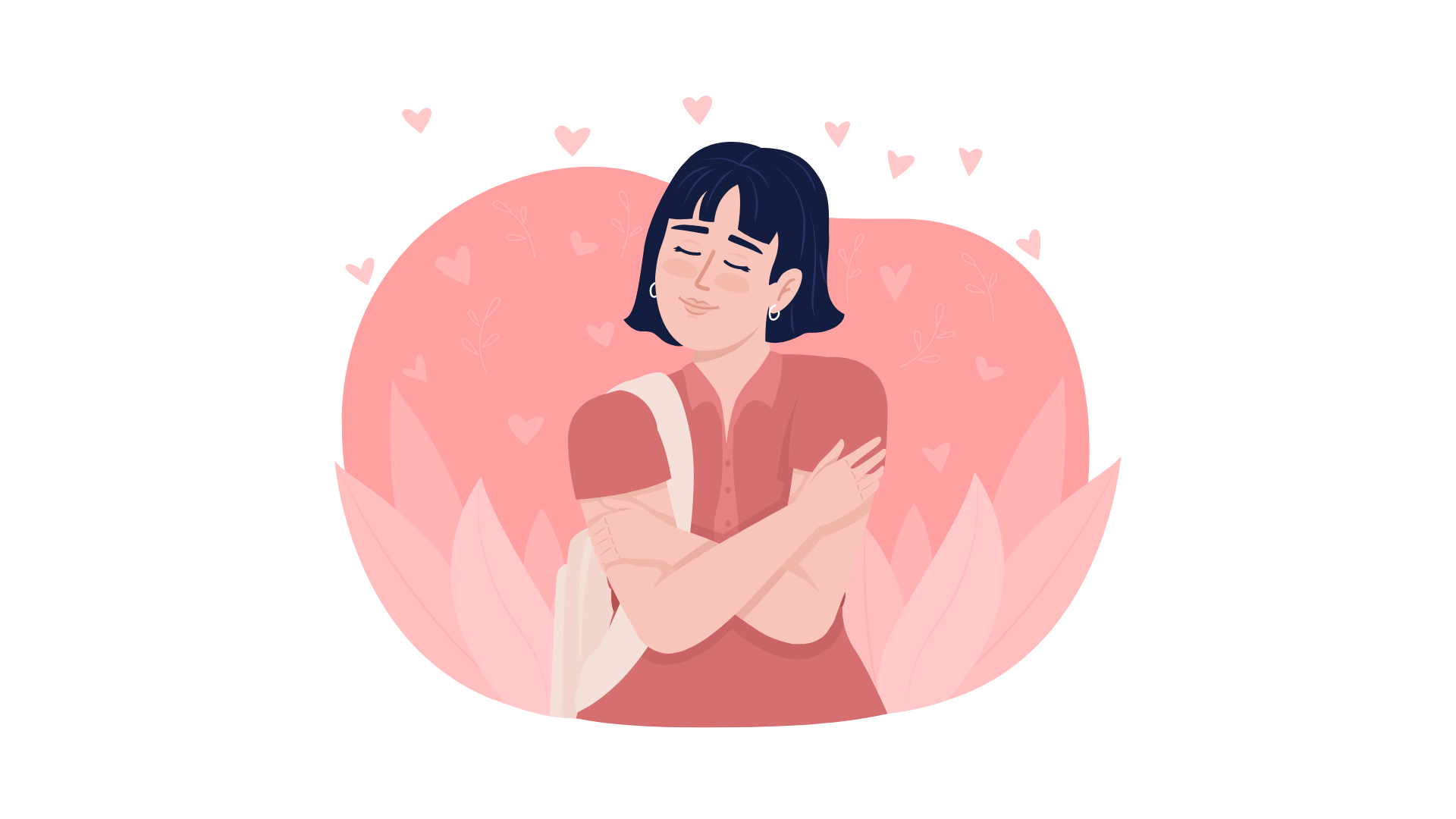
By Elaine Raif
•
February 1, 2024
Following the New Years, we tend to hold ourselves up to a higher standard. While we hope it promotes goals/resolutions, it might instead stifle them and our relationship to them. An important part of goal-setting is understanding imperfection. Try asking yourself: “How might I give myself the best chance at becoming/achieving _________ today?” By asking how we might set ourselves up for the best chance– without guarantee or promise – we’re acting with flexibility and gentleness. We understand that achieving goals takes effort but that there are other factors that impact and inform our journey. We understand that seeking the best chance means some things are out of our control, giving allowance for error or faults in our plans. Striving for the best chance vs. the perfect outcome tasks us to remain present in the process. It reminds us that there’s room to reevaluate and make another attempt or try a different way or version of it. This year, meet yourself with gentleness, celebrate in your efforts, and remember that little by little makes a lot. Written by: Elaine Raif

By Elaine Raif
•
February 1, 2024
As we welcome 2024, we welcome new beginnings and new commitments to ourselves. If this is the year you decide to begin your therapy journey, we welcome you! Keep reading to hear more from some of our therapists on takeaways and lessons working with first-time therapy clients.

By Elaine Raif
•
December 29, 2023
At the beginning of this year, we released an article describing our Big Three: “To help guide your goal-setting for 2023, consider identifying your ‘Big Three’ or 3 values you’d like to center and strengthen this year. Once you’ve chosen your Big Three, be intentional about spending time, energy, and resources towards fostering it.” As the year comes to a close, we might feel tempted to assess our progress around these values/goals. We might consider how well we did in fostering them, where we could’ve been better, and so on… While holding ourselves accountable is important, it’s also important to note that often, our progress or success is compared to an ideal, “best of the best” scenario. Often, it feels like there is always something more or better to achieve. Instead of seeking “more,” “better” from our year, we invite you to reflect on how you might measure “enough-ness” by asking yourself: How do I measure and therefore, know that I am content? How can I practice allowing what is vs. constantly pursuing what can still be? What does living in acceptance and peace feel like? How can I balance contentment and striving for improvement without the complacency nor pressure? What parts of me am I appreciative of for the way I lived this year? Written by: Elaine Raif

By Elaine Raif
•
November 24, 2023
As family gatherings commence this holiday season, our attachment wounds and pain points may become magnified. For some of us, this is the time in which we might “armor up” and prepare ourselves for common triggers. We may enter family spaces with anxious predictions and commit to diffusing tension as much as possible, as often as possible. We do this, as we may have in childhood, to “maintain the peace.” But when we are constantly assessing everyone else’s emotional state via verbal/nonverbal cues , we may adopt the responsibility of managing their emotions altogether. This may look like: Mind-reading or trying to make sense of and anticipate others’ behaviors/choices Keeping others from having negative emotions by problem-solving in advance Act as the negotiator or mediator for relationships Instead of trying to manage other people’s emotions, we must release that responsibility by first understanding our role as adults. Our role is not to predict nor curate others’ emotional experiences. Instead, our role as functioning adults is to learn about and acknowledge our own emotions/thoughts that guide our behaviors. We are only responsible for our own experiences and that can look like: Learning to regulate our own emotions to decrease reactivity Being clear on our values, beliefs and boundaries Practicing thoughtfulness and being present in important relationships How might you navigate this season differently with a more self-focused approach rather than an others-focused one? Written by: Elaine Raif

By Elaine Raif
•
November 22, 2023
Anxious predictions are our overestimation of something bad happening + the underestimation of our ability to handle it. When we have anxious predictions, we often engage in either 1) avoidance behaviors or 2) safety-seeking behaviors. Avoidance behaviors are simply staying away from the situation altogether. Safety-seeking behaviors are unnecessary precautions to help us better confront the situation, which provides short-term relief by trying to ensure as little risk as possible. For example, if my anxious prediction is: “No one will want to talk to me or hang out with me at this event, I’ll just embarrass myself.” I might 1) not attend the social event at all (avoidance behaviors) or 2) attend the event but make secondary plans, only attend for the first 30 mins, prepare a distraction like a book or phone game (safety-seeking behaviors) To disrupt our anxious predictions, try the following: Identify the predictions (What am I expecting will happen? What conclusions am I jumping to?) Seek evidence (What facts prove my prediction right or wrong?) Focus on your strengths, skills and abilities (Are there positives about me or the situation that I’m ignoring?) Reassess (What’s a more realistic prediction or thought about this situation?) Written by: Elaine Raif, ASW 11237

By Junie Abito
•
November 12, 2023
What defines cheating, from a marriage and family therapist perspective. Couples can get into muddy waters when it comes to one person feeling really “off” about their spouse’s/partner’s “friendship” with someone who could become a romantic partner. This can lead to a lot of fights about what is cheating. Does it have to involve physical contact? These debates don’t actually sooth anyone: the partner who feels there is an inappropriate relationship stays upset and the partner in the other relationship feels judged and defensive. What to do? Let’s define an emotional affair. There are a few parts of it here. The first is obvious. It's a one to one personal relationship with somebody who could become a romantic partner. Even if you would never “do” anything, it is in the realm of possibility for you, or that person, to develop strong feelings. Secondly, there is, if you're honest with yourself, some sexual charge to the relationship. Even though it's not a primarily sexual relationship, you’re attracted and enjoy that attraction. There's some sort of sexual charge, and if you let yourself dwell on it, that charge could grow. The third part is the clincher: you don't tell your spouse/partner about what’s going on in the other relationship. You don’t go home and tell your spouse/partner what you and the other person shared, or you edit it carefully. If you’re the one being accused, now is the time to come clean. Share everything, including the reason you didn’t tell your spouse/partner about this person. If you’re in such a relationship and you’re reading this going “Uh oh,” coming to realize that a friendship is probably going down a bad path, now is the time to cool down the friendship. You don’t have to be dramatic about it. There are plenty of adult friendships where “life” gets in the way and things peter out. If you are the accuser and your partner is defensive and continues to argue they are in the right and you are simply being paranoid, it may be worthwhile to seek some marriage/couples counseling together. There is something bigger going on beyond the possible emotional affair. You and your spouse/partner have trust challenges. You are feeling really vulnerable and unsafe, and your spouse/partner is feeling defensive and treated like an untrustworthy teenager. If your conflict about the other person endures, there are issues that a professional therapist an help you sort out. If you are being suspected of an emotional affair and you are convinced it’s not so (maybe your spouse/partner has been jealous of every one of the opposite sex you’ve worked with), it’s in your best interest to help your spouse/partner feel more confident, and this may require a therapist’s help. Either way, couples therapy can help prevent more damage in the future. It’s not enough to just say “trust me—there’s no issue,” when you spouse/partner is torn up about another relationship. Lastly, if one of you is uncertain about staying in the marriage/relationship, our practice has a specific protocol that can provide guidance and support as your next step. Please visit us at rosejunietherapy.com to book your free phone consultation.

By Elaine Raif
•
November 12, 2023
Rest is our best buffer to stress . Rest allows us to build a reserve for when challenging times come. Consider these questions: •How does my body tell me when rest is needed? •What does rest look like in practice? •How will I know that I feel rested? •What do I need to do or communicate in order to give myself permission to rest? •What is keeping me from choosing rest? In this fast-paced society with its share of systemic flaws, there is often an emphasis on productivity that is not sustainable. Rest is key in restoring emotional wellness, physical energy and mental clarity. Especially valuable in the face of conflict, being restful is our safeguard against unmanageable stress. We invite you to shift your narrative– rest is productive too; rest does not necessarily mean sleep, it means being present and still, in both our mind and body. Written by: Elaine Raif Support group for decolonizing moms and anxious moms. Please click link below for our dear friend and colleague Katie Viernes upcoming support groups. https://www.kateviernes.com/mom-village-support-groups-for-decolonizing-moms/ .

By Elaine Raif
•
November 12, 2023
August was a devastating month for many impacted by community tragedies like the Maui fires and Hurricane Hilary. News headlines tell stories of loss and destruction; also of mutual aid and disaster relief efforts. When large groups of people recognize a loss, we may experience collective grief. Much like individual grief, we may feel helpless. How do we process collective grief? Healing, too, can be collective. We reach out to one another and avoid isolation. To mourn together is to feel connected and that in itself can be comforting. Or create space for all of the feelings, explore and express grief in your own individual way. It doesn’t have to be shared nor public– journal, create art, or seek professional help. Or perhaps we get involved or give back in some way. Participate in the rebuilding and help those who still need it. There is no one right way to grieve. Whether you’ve been directly impacted or not, it’s with a heavy heart we witness so much pain and hope for so much more healing. Creating a New Baseline Are you drawn to the same patterns of people, environments, etc.? Do you repeatedly find yourself in a similar cycle of dynamics and conflicts? When we’re used to a chaotic environment (like the one we grew up in) …or perhaps high-conflict relationships (like the one with our parents)… We may unknowingly start to seek something similar in adulthood. Why? Because it’s familiar and therefore, safe. Our brains process newness as a threat. We adapted to our surroundings growing up, and so the tools we have as adults are equipped for that same chaos. We developed a baseline, a new normal in order to survive. So in adulthood, a peaceful environment or functioning relationship might instead make us feel uneasy and vulnerable. This cycle ends when awareness begins. Reflect on your early relationships, environments and circumstances– What did I do to survive? What have I tolerated or ignored in order to maintain harmony/relationships/resources? What beliefs or messages have I internalized? And then reflect on today, “zoom out” as you assess areas of your life and choices. Ask yourself: Is this actually helpful and healthy for me? Or is it just familiar? Written by Elaine Raif
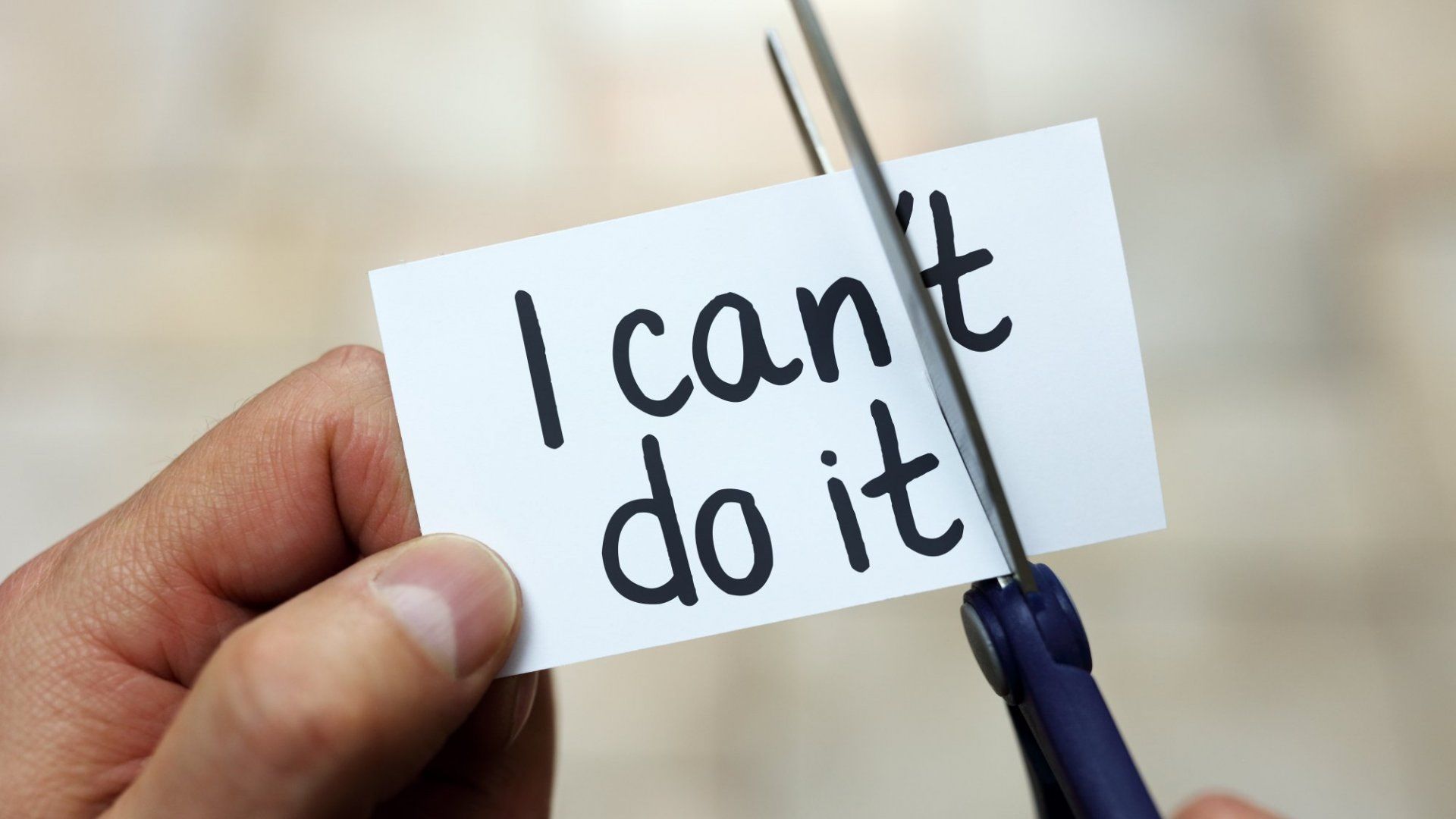
By Elaine Raif
•
November 12, 2023
Have you ever noticed your self-talk, or the way you talk to and about yourself? Does your inner dialogue have a negative or positive tone? This spooky season, we’re talking about how negative self-talk can be haunting. How? When we engage in negative self-talk, we echo the hurtful, unhelpful thoughts. Negative self-talk can sound like: It's so typical of me to ruin the day, task, relationship etc. I’m too lazy to finish this, I’m always failing. I’m not doing enough. I never do the right thing! When persistent, these thoughts can stunt our growth. They are limiting beliefs and keep us in a state of rumination and often, decreased motivation. Be mindful of how you speak to yourself. Be gentle and encouraging, just as you probably are to your loved ones. Positive self-talk can sound like: I’m not failing, I can learn from this I forgive myself I’m trying and doing my best I can make mistakes and still be worthy Written by: Elaine Raif

By Elaine Raif
•
November 12, 2023
A ritual is a structured, intentional activity or event to honor a special time, person or memory. In grief, it can be anything from a formal ceremony or religious practice to sharing stories about the deceased. In the vastness of loss, a grief ritual offers us a moment of remembrance and because it’s a ritual of our choice, a sense of control. It can also be a comforting routine to continue processing the loss, address any “unfinished business,” or simply maintain bonds with the deceased. Some grief rituals include: Preparing an altar/shrine Visiting the memorial site or other special place A Memory Log to write down memories as they come Cooking their favorite meal Doing an activity they enjoyed Gathering and sharing stories Create a playlist of songs you both loved Rituals can be anything–it’s really about the intention and meaning. What are some existing and new grief rituals you participate in? Written by Elaine Raif
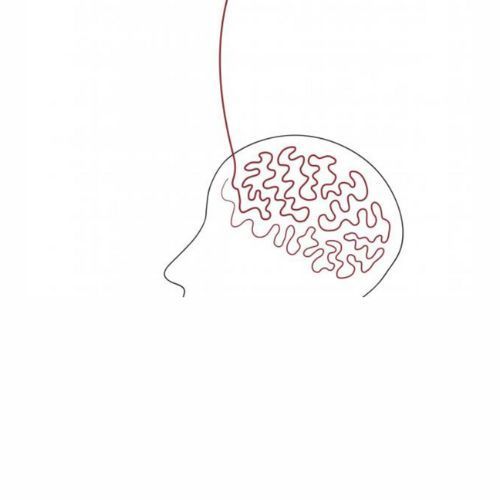
By Elaine Raif
•
August 15, 2023
One of the most challenging yet transformative experiences in therapy is the “unraveling.” As you begin acknowledging and addressing past hurts, you may start to notice a shift inside of you. It may look like: Naming your thoughts and feelings Identifying your “sore” spots, things you’re especially sensitive to Recognizing your reactivity and impulses Noticing the dynamics across your relationships When we allow ourselves to explore the “yuck that keeps us stuck” in therapy, we gain self-understanding and the language to describe our internal experience. We start to “unravel” and see our ways of being as patterns and learned behaviours. Through the “unraveling,” we give ourselves the opportunity to make connections between our past experiences and our present triggers. During this time, it’s common to feel raw and exposed. Healing is not an easy process. Give yourself grace and celebrate the “aha!” moments and welcome the “ ouch! ” moments. Local Brilliance Shines: Long Beach Journal Spotlights Noemi Alsup During the pandemic, kids and teens were inundated with all kinds of “scary” news, which kickstarted a stress response cycle, activating a fight, flight, or freeze response, said Noemi Alsup, a therapist who works with teens at Rose Junie Therapy. Gentle reminder that awareness is our baseline– we can only do with what we know. Written by: Elaine Raif

By Elaine Raif
•
July 30, 2023
If you grew up in a household that felt unpredictable, you might’ve developed a tendency to be hyper aware of or anticipate other people’s reactions to you. This skill–sometimes referred to as being able to “read the room” –might have served you in many ways, including providing you with the information to avoid punishment or maintain harmony in relationships. As adults, when we rely on “reading the room” to decide how we will behave with others, we are in a chronic state of hypervigilance. We might assign narratives to the people around us and engage in them only in these predictable ways (ie. “Oh, he’s always been the passive type” or “she’s never going to compromise”). Without asking the questions to be curious or clarify, we don’t allow others to show up differently. We’ve created an alternate reality where only we are in control: I predict how others will react to me, so I can prepare how I will behave. We can’t always know how people will react to our honest selves. So releasing this tendency is not easy and can feel unsafe–we become vulnerable to feelings of disappointment, hurt, rejection etc. However, it aligns us closer to the truth of our relationships. When we stop trying to manage perceptions, we engage with our people in an open, honest way. Written by: Elaine Raif, ASW#111237

By Elaine Raif
•
July 30, 2023
Self-witnessing is a powerful practice to increase awareness of our internal experience. Try this: Imagine being a narrator for a movie (you know, like Morgan Freeman ). In stressful times, picture the moment as a movie scene. Your voice over, like most narrators, are describing the inner thoughts, feelings, body sensations etc of the main character (you!) . It may sound like: “So I rushed out of bed… My heart was racing, I checked the time and suddenly, my palms were sweaty. Then I started feeling worried, thinking about an upcoming work presentation. I’m questioning how I’ll do…” and so on… Self-witnessing is an opportunity to pause in the midst of chaos. To notice and label our internal experience is to slow down. Doing so enables us to understand ourselves, to avoid unwanted patterns/reactions, to identify and seek support or solutions. Written by: Elaine Raif, ASW#111237

By Elaine Raif
•
July 6, 2023
Clarity preserves relationships. Being able to identify and verbalize our needs is key to successful relationships. But there’s a difference between a negative need and a positive need . A negative need is pointing out what the other person is doing wrong. For example: “I need you to stop doing ____.” “I need you to not say those things…” “I need you to quit being ____.” Ex. I need you to stop leaving dirty dishes out When you state a negative need, you are engaging in criticism because there is an air of disapproval or critique. This in return invites defensiveness from the other person. Stating a positive need is answering the question: If your need was being met, what would the other person be doing/saying? In the example above, I might state: I need you to put the dirty dishes in the sink . Rather than stating what the other person is doing wrong, I am being clear on what I would like to happen instead. We invite you to try switching from a negative need to a positive need and just notice any shifts in your relationships. Written by: Elaine Raif, ASW#111237

By Elaine Raif
•
July 6, 2023
You probably already know your brain is divided into 2 hemispheres: left and right brain, each functioning very differently. But did you know there’s also an upstairs and downstairs brain? Today, we want to introduce you to the downstairs brain. This part of the brain is responsible for our Stress Response Cycle , aka our Fight/Flight/Freeze response. This response is automatic and a natural process that has kept us alive for years! How can we self-soothe when our stress response cycle is ignited? By tapping into another function our downstairs brain is responsible for: our sensory memories . These are the memories we store via our senses: Sight, Hearing, Smell, Taste, Touch and Vestibular/movement. What does engaging our senses look like? Try the following: Drinking a glass of cold water (Taste) Taking a walk (Sight/Movement) Smelling essential oils or other comforting scents (Smell) Hugging (Touch) Fidget tools, slime or playdough (Touch) When we engage these senses, we are soothing the same part of our brain that is ignited during Fight/Flight/Freeze. What other ways can you engage your senses? Written by: Elaine Raif, ASW#111237
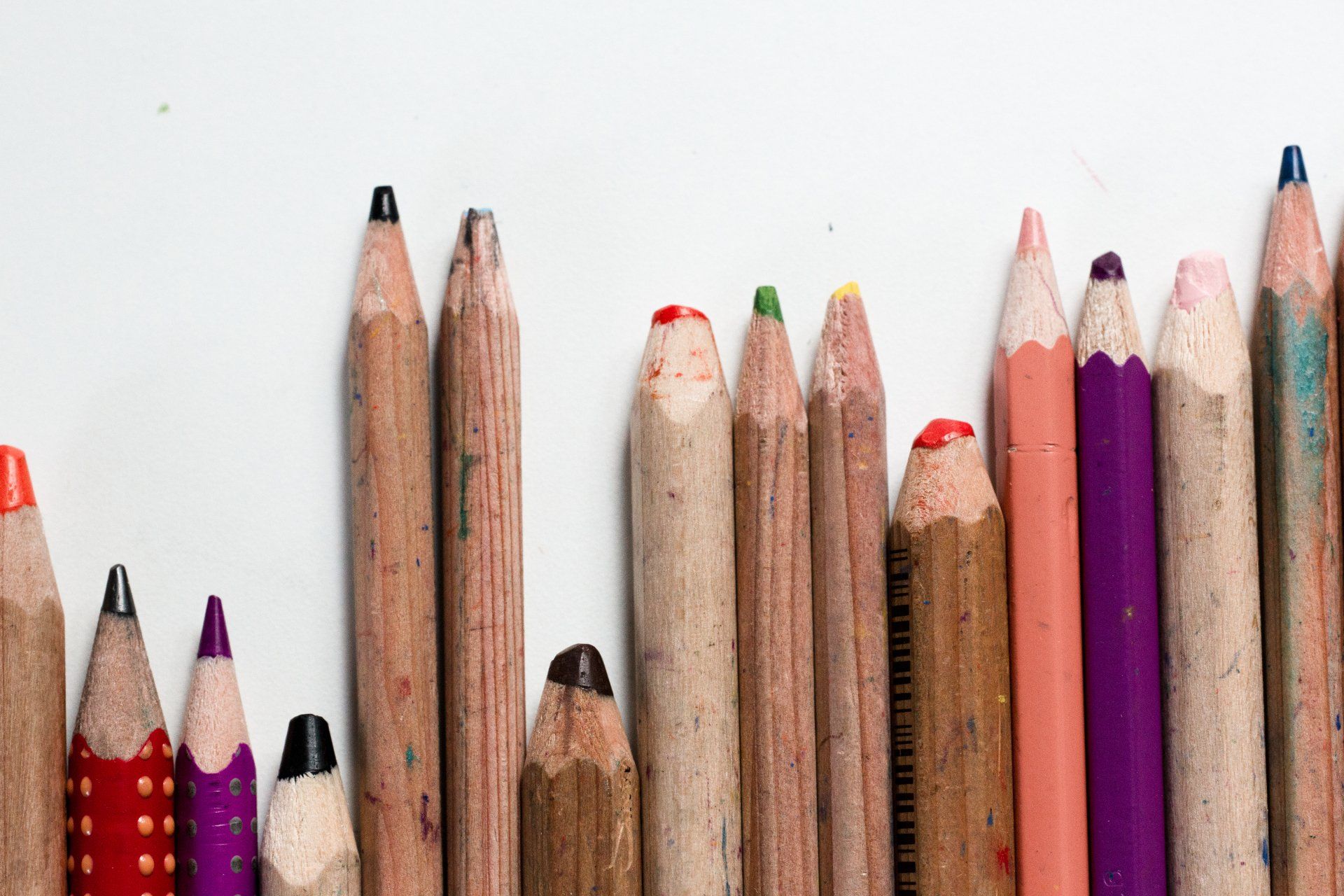
By Elaine Raif
•
May 29, 2023
In childhood, we grew up surrounded by “messages” or ideas about ourselves conveyed by our caregivers, teachers, coaches and/or other important adults. These “messages” played a role in shaping how we saw ourselves and the decisions we would make throughout our lives. Expressed in explicit or implicit ways, “messaging” in childhood may continue to affect our current thoughts, feelings, behaviors, and relationships. Reflect on the following questions: Think about rules that were important in your household. What messages did you receive about what was allowed/not allowed? What messages did you receive about friendships? Intimate relationships? What messages did you receive about money? Career choice? What messages did you receive about your body? As you think about the “messaging” you received in childhood, consider how does this impact your understanding of self, relationships, your decisions about school or career? Then, reflect on what “messaging” you would have wanted to hear as a child. If you could go back in time and talk to yourself as a child, what might you say? Written by: Elaine Raif, ASW#111237

By Elaine Raif
•
May 15, 2023
Rationalizing reward sounds like: “When I complete this task, only then will I take a break.” “Once I achieve a certain level of progress, then I will reward myself with a treat.” “If I can just do one more chore, then I will allow myself to go out with friends.” Depending on our environment, we likely learned early on that we must earn rewards. In our homes and/or in school, certain achievements meant certain rewards in the form of gifts, accolades, praise, attention and more. As adults, we might carry the same conditioning for various reasons—seeking motivation, praise and attention, expectations of self, and so on. We might even call ourselves “overachievers” and celebrate success only if we “worked hard” or “struggled” for it. However, if we only accept rewards following the completion of tasks, we are conditioning our capacity for celebration, joy, relief and rest. Instead of “I earned this,” practice “I deserve this.” There is value in our process, our efforts and attempts that are worthy of celebration too. Written by: Elaine Raif, ASW#111237

By Elaine Raif
•
May 5, 2023
“Accepting” the end of a relationship (with a friend or family member) does not mean “agreeing with” how or why it ended. In fact, you may carry questions and reflections that lead you further away from any “closure.” It may initiate feelings of regret, shame, sadness, frustration… Allow space in yourself to feel all of those things. “Accepting” the end of a relationship simply means we are “acknowledging” the overarching truth that the dynamic no longer serves either or both of us. It can be extra challenging to know we are making decisions for our own emotional health. Postpone judgement by remembering you deserve decisions that lead you to ease. Sometimes, we are given time to process together through conversation(s) and at other times, there is silence. Written by: Elaine Raif, ASW#111237
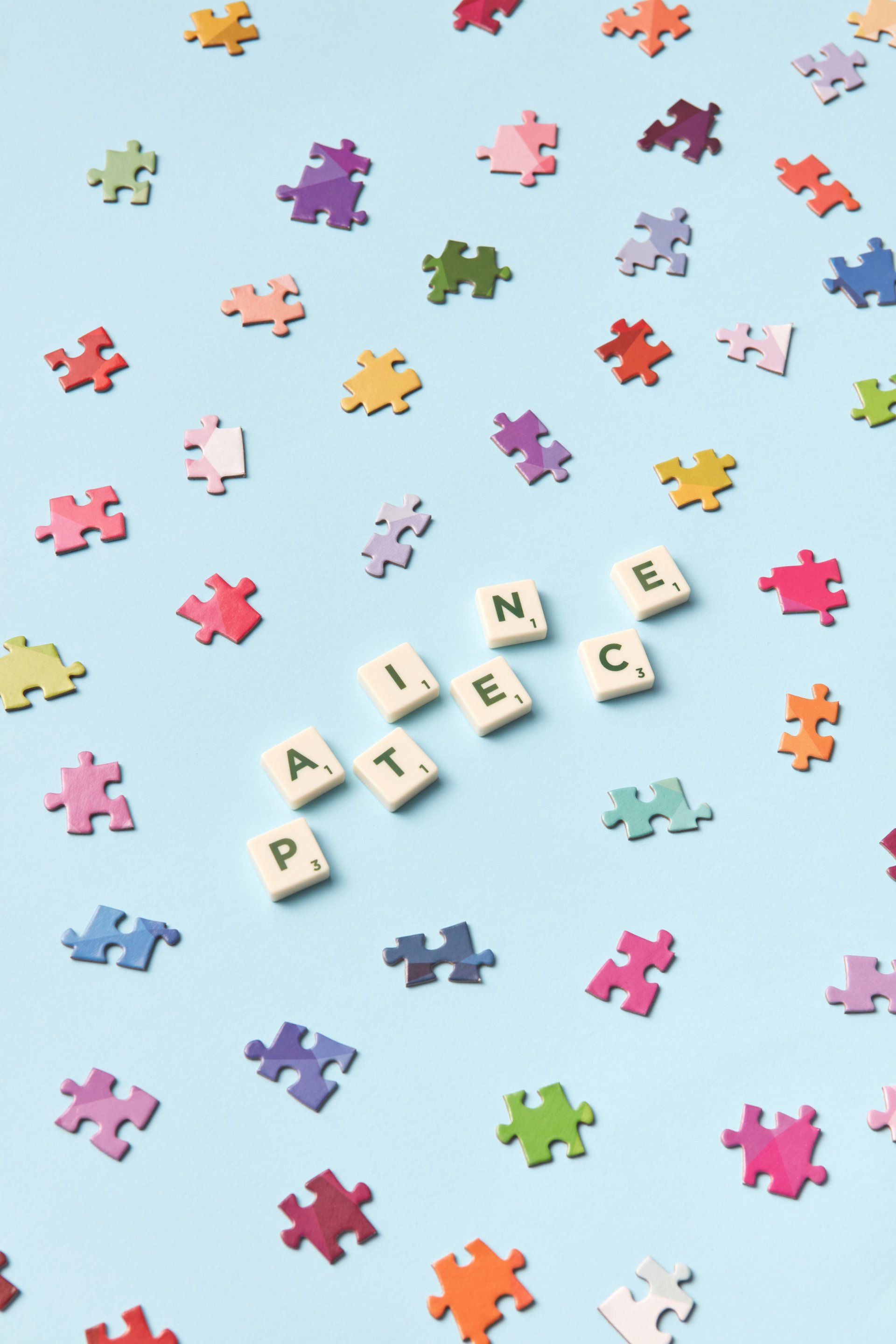
By Elaine Raif
•
April 17, 2023
We’ve just begun a commitment to healing. We have a vision of who we might be at the end of it but we feel frustrated with the in-between. Our healing is a process; a journey with detours and visitors. The in-between is actually the path we walk on– the journey itself. Detours are the unexpected experiences that teach us about ourselves through redirection. Visitors are the people, unannounced and gentle, who offer us new ways of relating. In the deep desire to be “heal ed ,” we can get lost in our own story. So to start, we invite a pause. Welcome a healing journey that is imperfect and ongoing. Ask yourselves: “What will this journey teach me?" “How have I changed because of the detours? Because of the visitors?” “How might I find the courage to walk the in-between ?” Written by: Elaine Raif, ASW#111237

By Elaine Raif
•
April 3, 2023
“Boundaries” – We have likely heard or said this word in conversation. It’s often used to describe an ask or need. In this age of technology, words are shared more often and quicker than ever. Overtime, we can become desensitised to the language. You might notice that using the word “boundaries” with your partner, friends, or family members can generate confusing feelings and interpretations. You might’ve received someone’s “boundaries” and interpreted it as an attempt to disconnect or an ultimatum. Or perhaps you expressed your own “boundaries'' and received reactions similarly. What are my boundaries and why are they important? Boundaries create clear limitations around our physical or emotional engagements with others so that we: Take responsibility for ourselves (before others) Create a strong sense of self (outside of others) Identify and communicate our preferences Communicating boundaries must be clear to avoid any guesswork or misinterpretation. When you set boundaries, you set expectations for the interaction. After you identify the “What” and “Why” of your boundaries, it's often helpful to examine the “When” and be consistent. When do I implement my boundaries? If setting boundaries beforehand would be beneficial, start off with a “disclaimer” or brief reminder of your expectations. Example: “If we are going to revisit that conversation, I will not tolerate name-calling.” If you’re having to re-establish boundaries, repeat your limitations and allow for questions or clarifications. Example: “Again, I will not engage in conversations around that topic. How can I help you better understand what I mean? Can I clarify any part that might be unclear?” We can’t expect that we and other(s) will comply with boundaries immediately. This is a gentle reminder to allow yourself to practice, hold onto your “Why” and stay consistent. Written by: Elaine Raif, ASW#111237

By Elaine Raif
•
March 13, 2023
We all hold unrealistic expectations of ourselves. Although we hope these expectations inspire or motivate us, they may interfere with our ability to pursue goals, relationships, and other desires instead. Unrealistic expectations might sound like: “I can’t ever quit” which can translate into “I have good work ethic" “I don’t need any help” may translate into “I’m hyper independent” “It’s not okay to make mistakes” may translate into “I’m a perfectionist” Unrealistic expectations don’t allow flexibility in ourselves. Instead, it can set us up for disappointment trying to achieve the unachievable. Adjusting our expectations doesn’t mean we are lowering them. It simply means we give ourselves permission to do our best– and that our best changes each day. It also means letting go of the assumption that we are in control of all parts of the situation. Offer yourself compassion instead of blame. Consider these realistic expectations: “I will do my best with the time, energy and resources I have” “I can learn from this experience” “I don’t have to do it all by myself in order to succeed” Written by: Elaine Raif, ASW#111237
Junie was featured in
Long Beach grapples with mental health care shortage
Mentorship Inspired a Private Practice Where Women of Color Thrive
Using EMDR Therapy to Cope with Trauma
Inspiring Conversations with Rose Junie Therapy
Inspiring Conversations with Rose Junie Therapy
Anxious or Avoidant? Here's How to Become a More Secure Dater
COMPANY
SERVICES
CONTACT
© 2025
All Rights Reserved | Rose Junie Therapy
Designed by Vantix Digital

